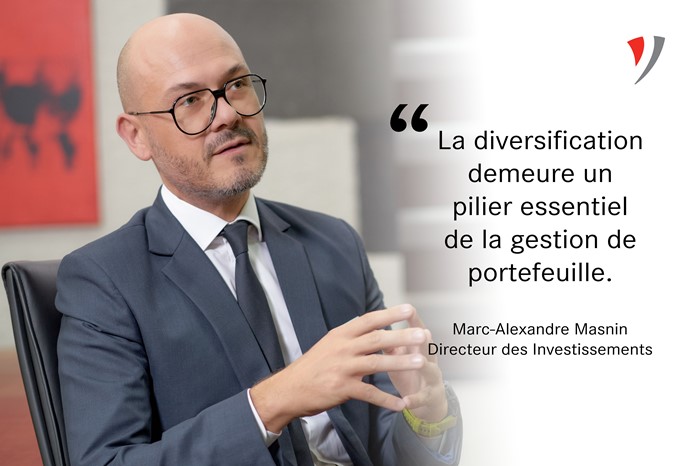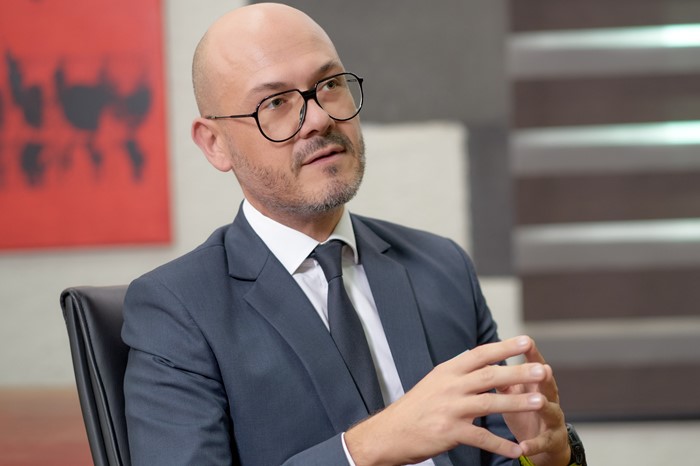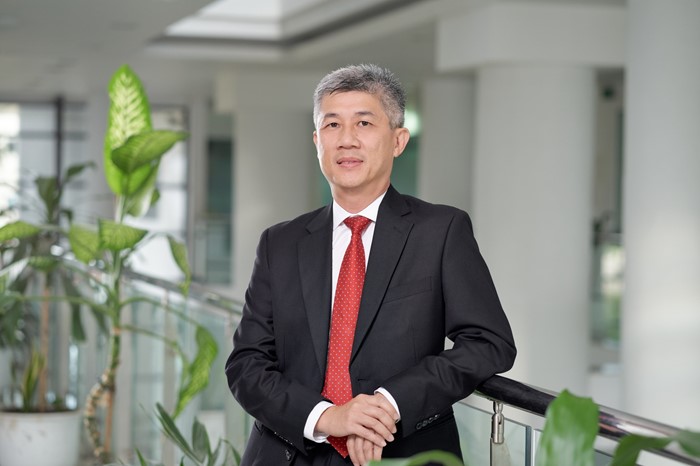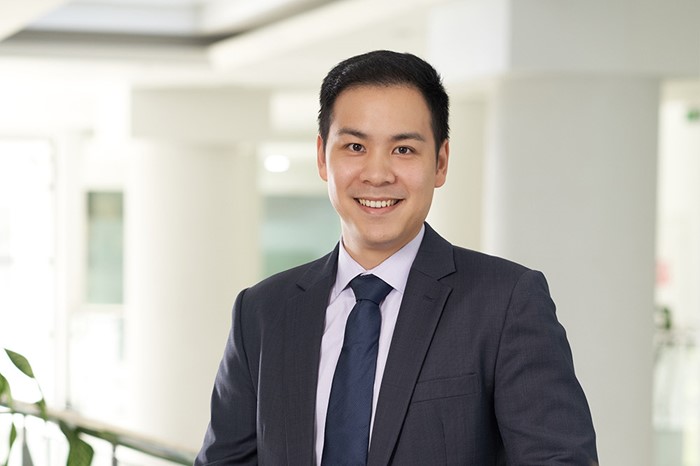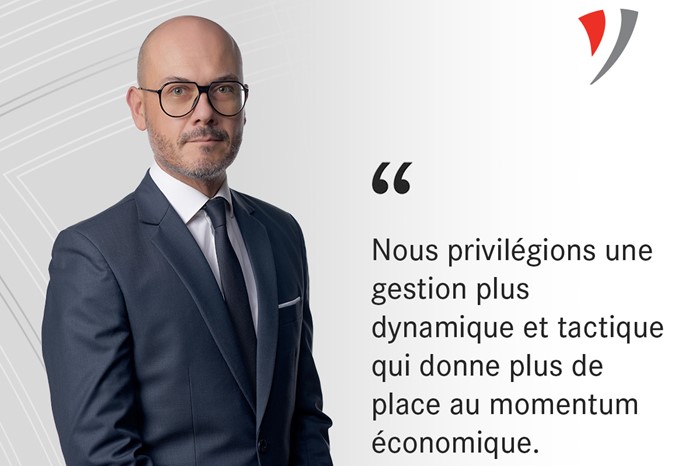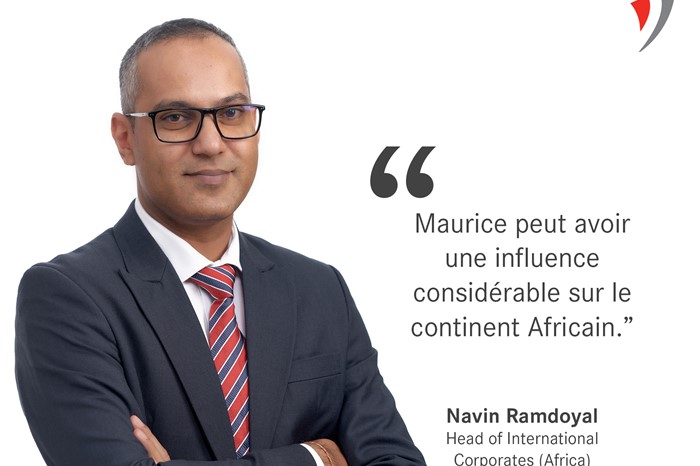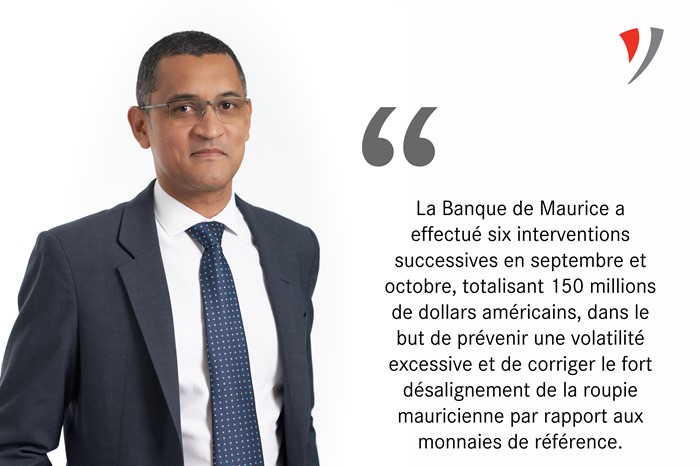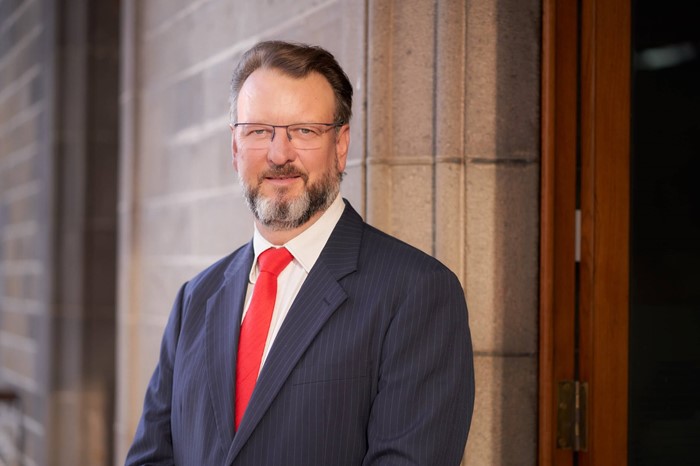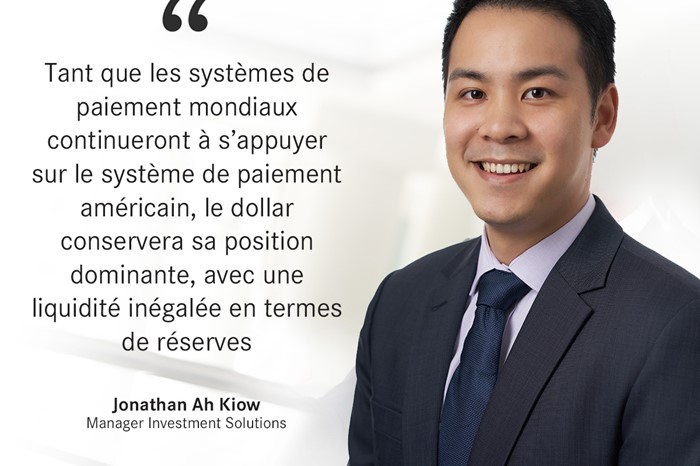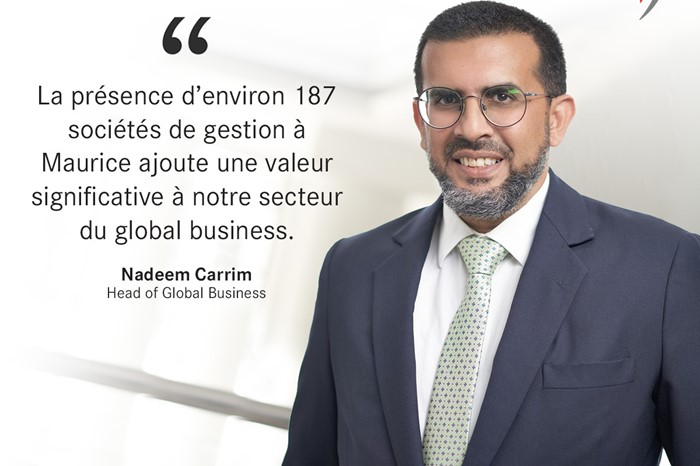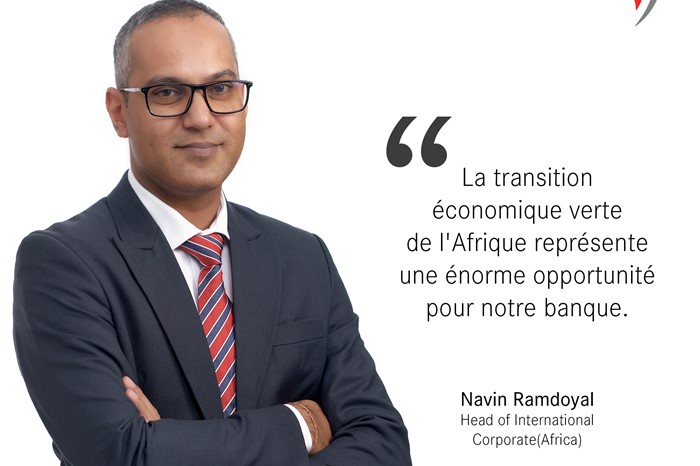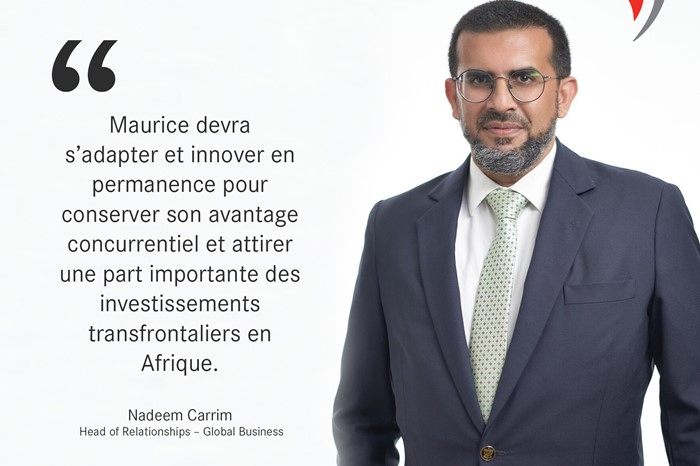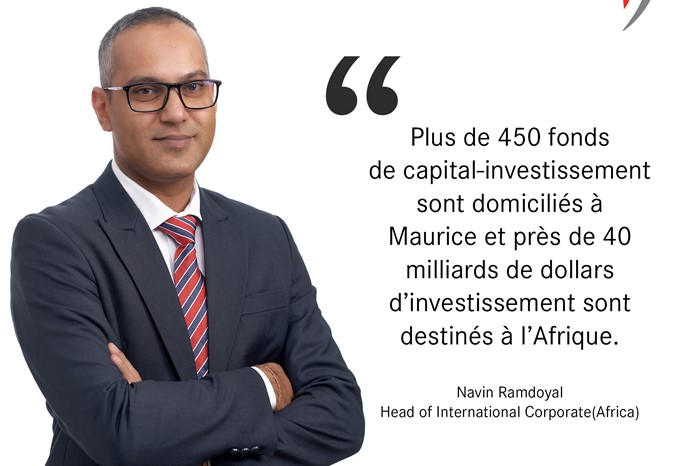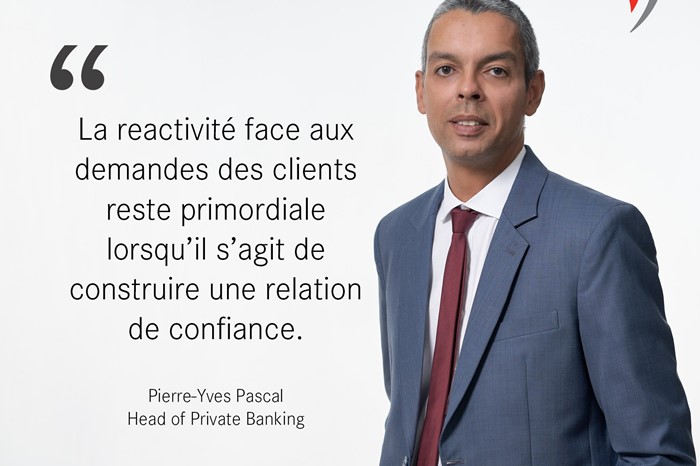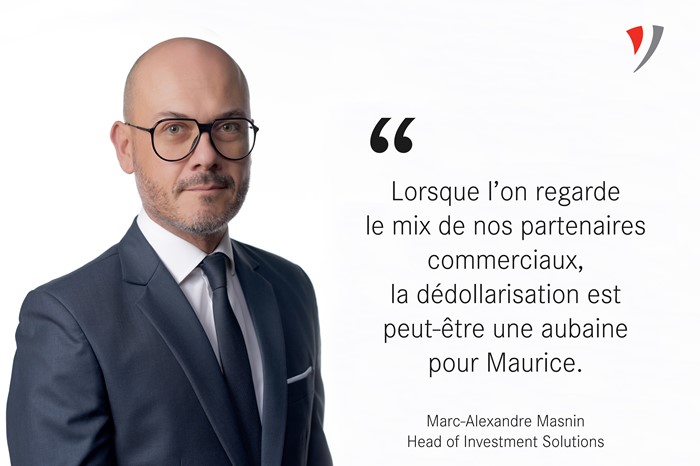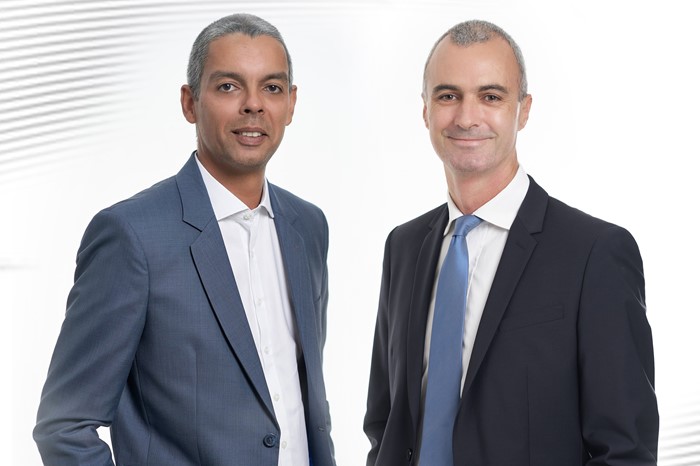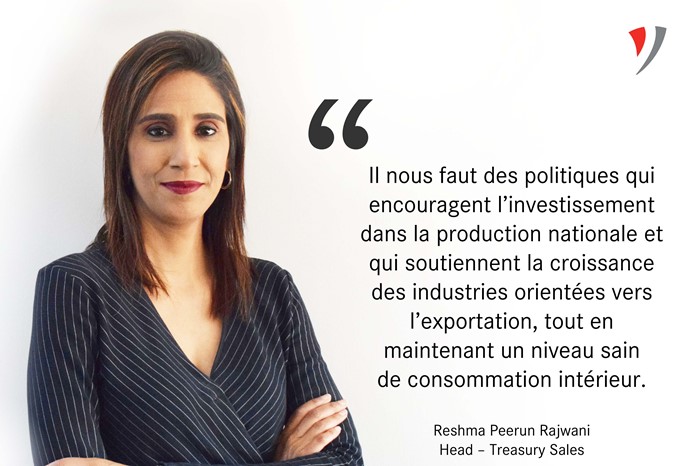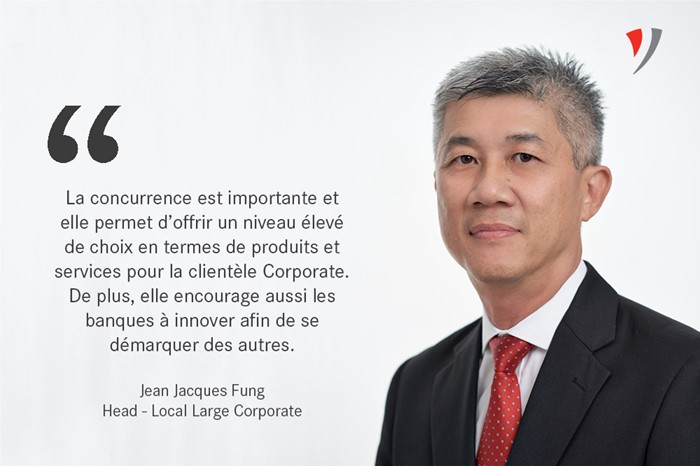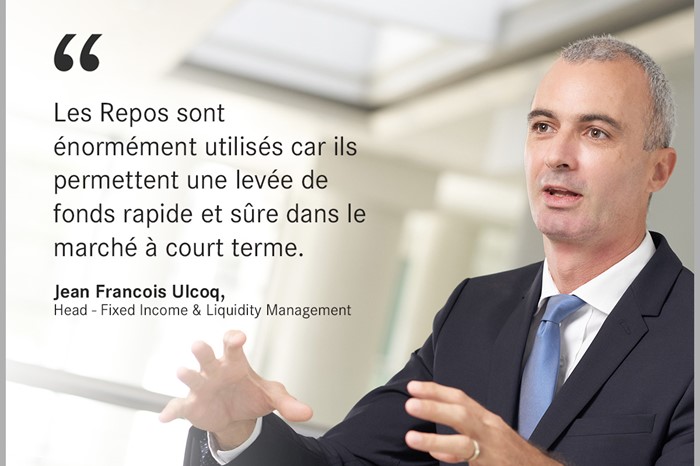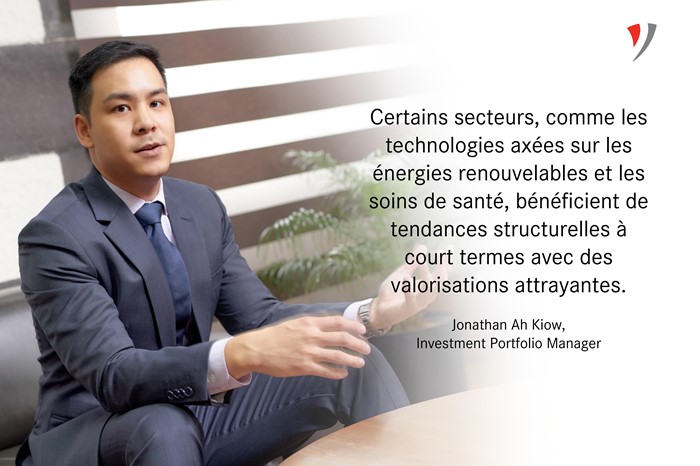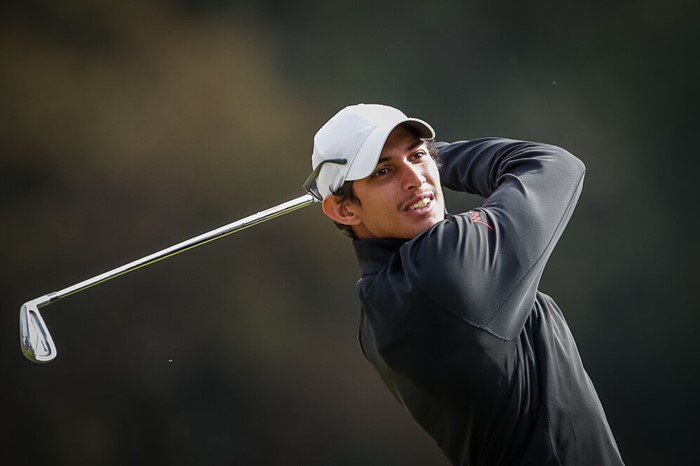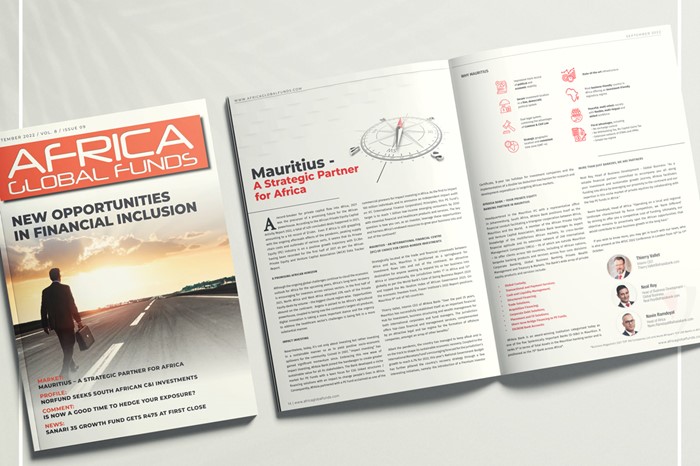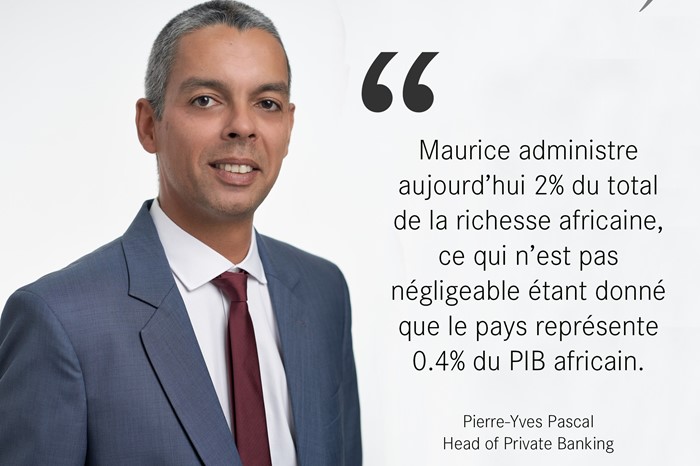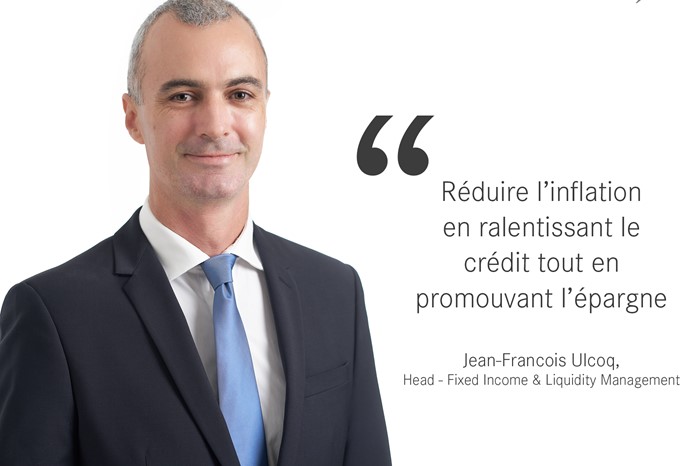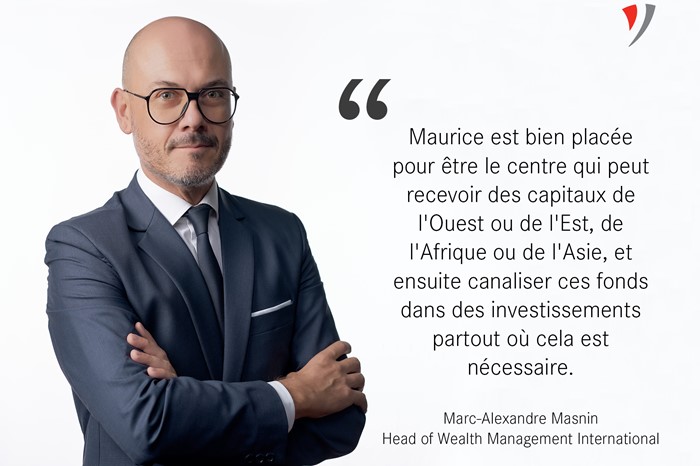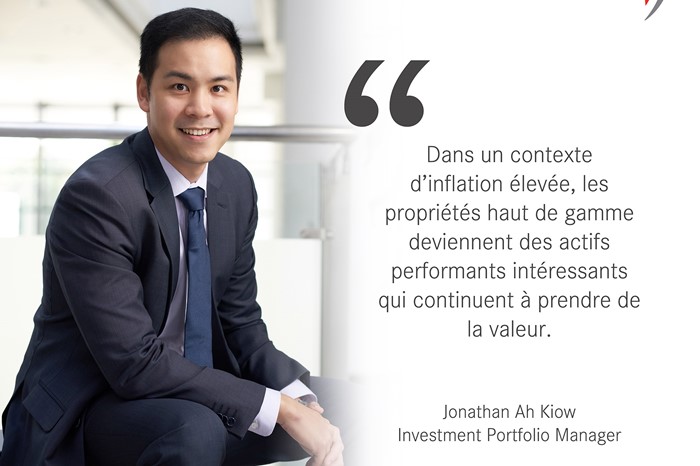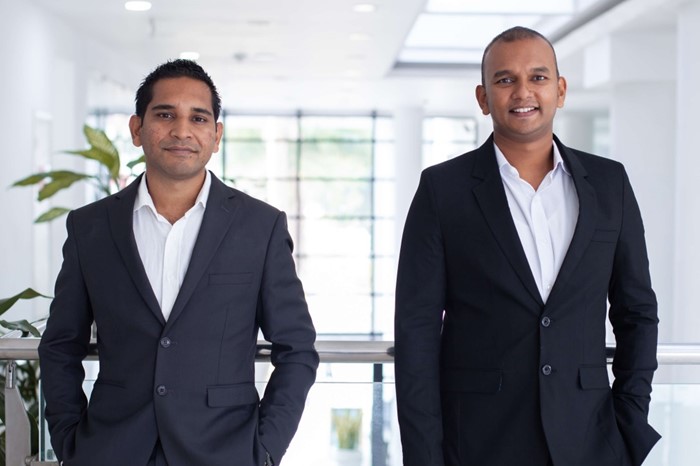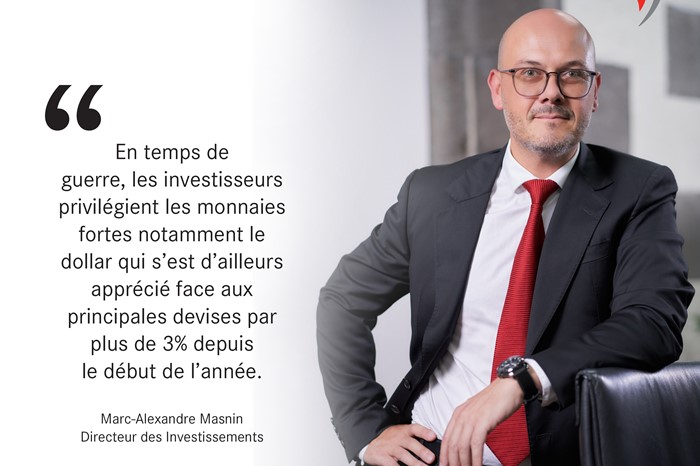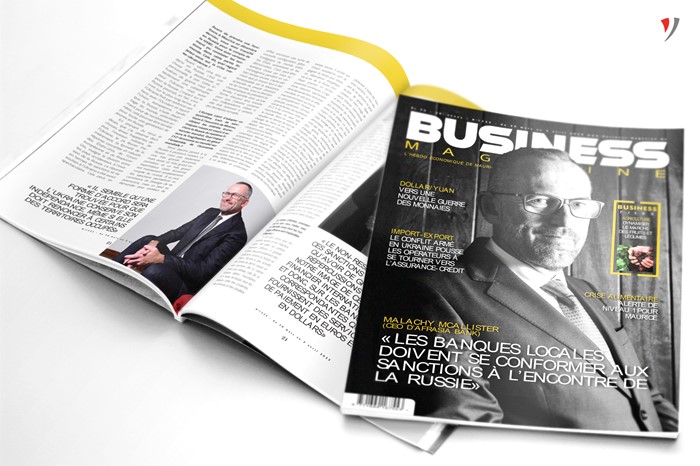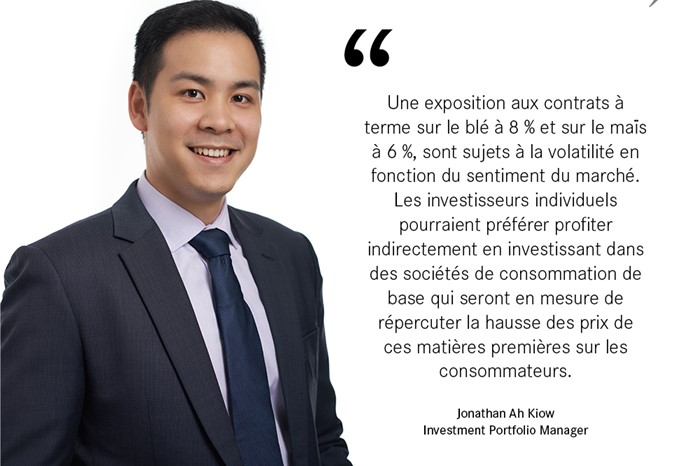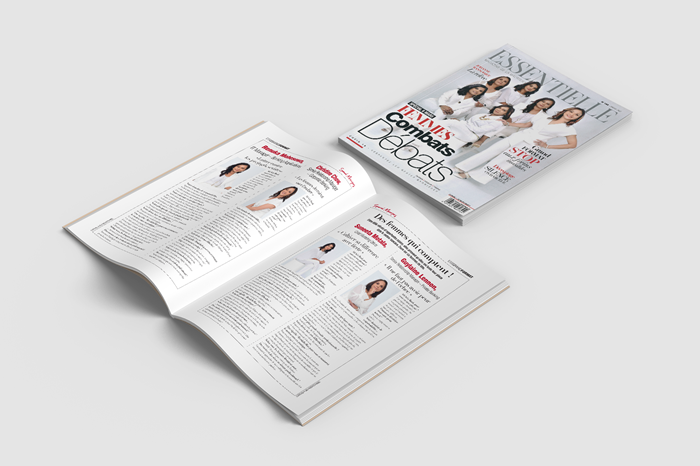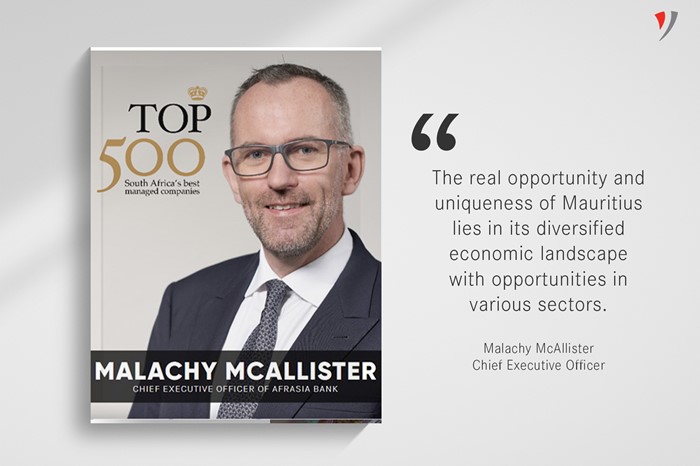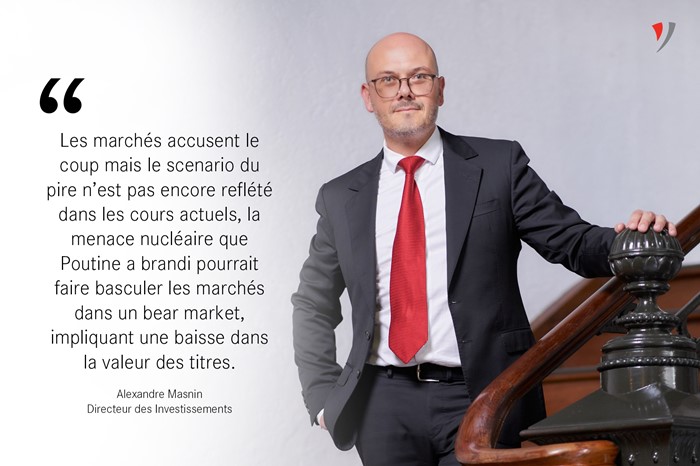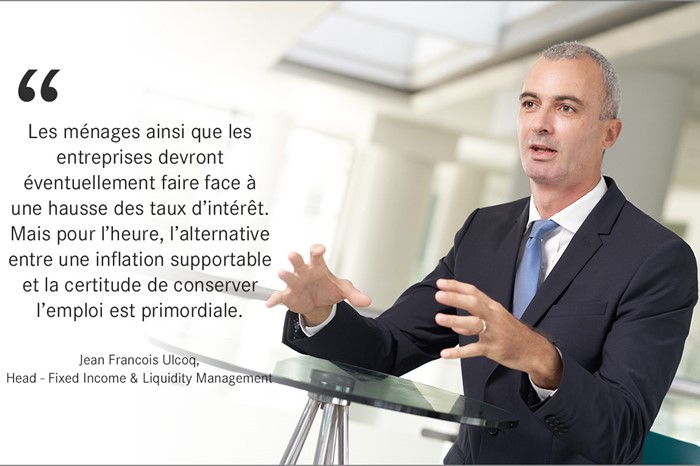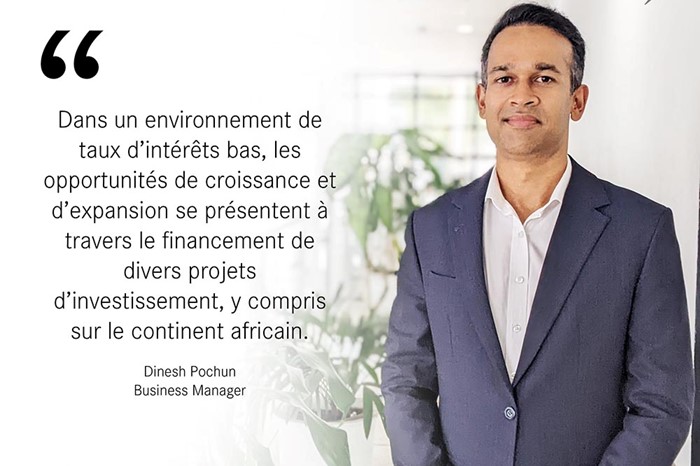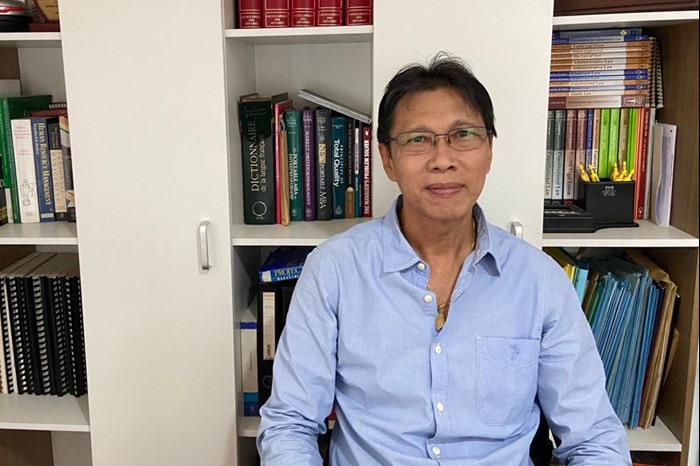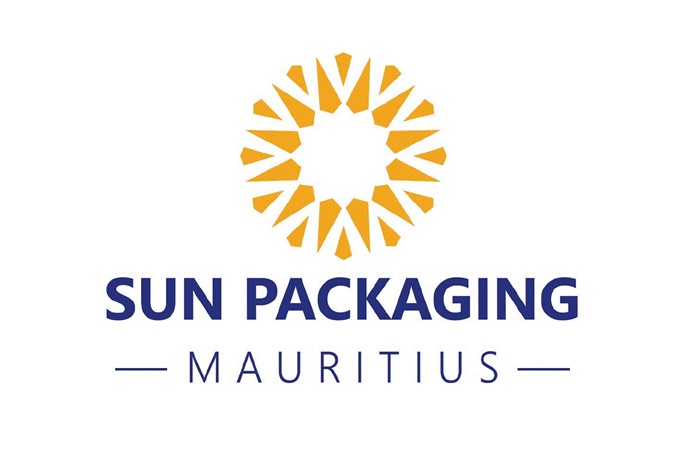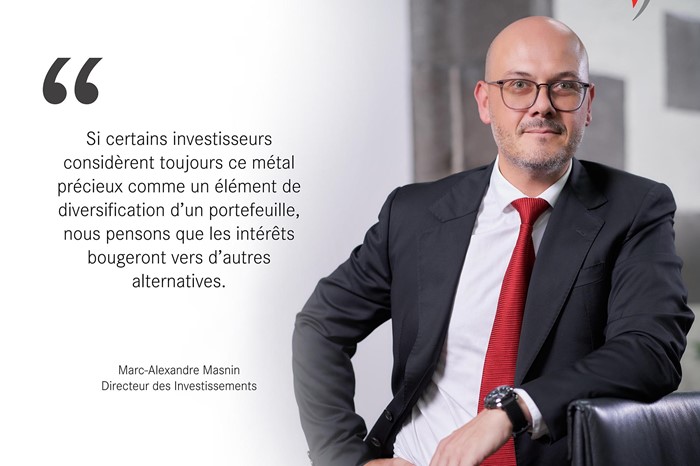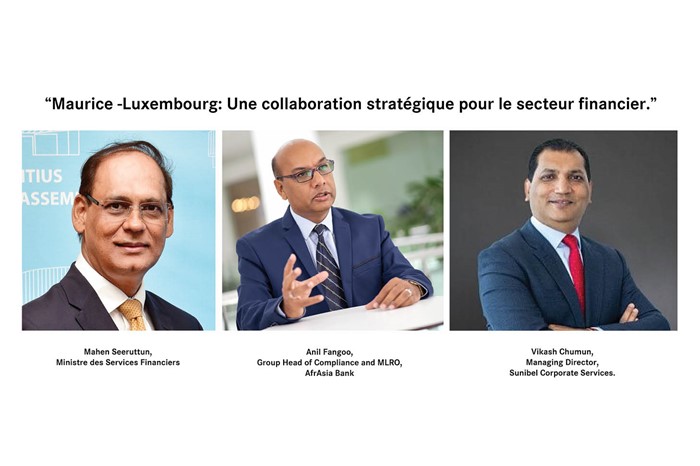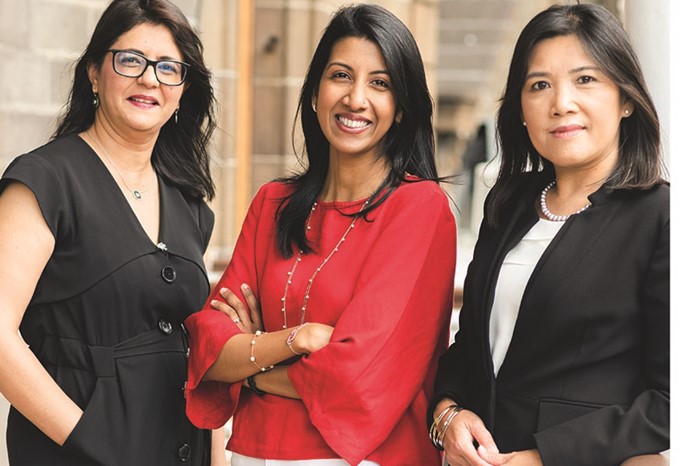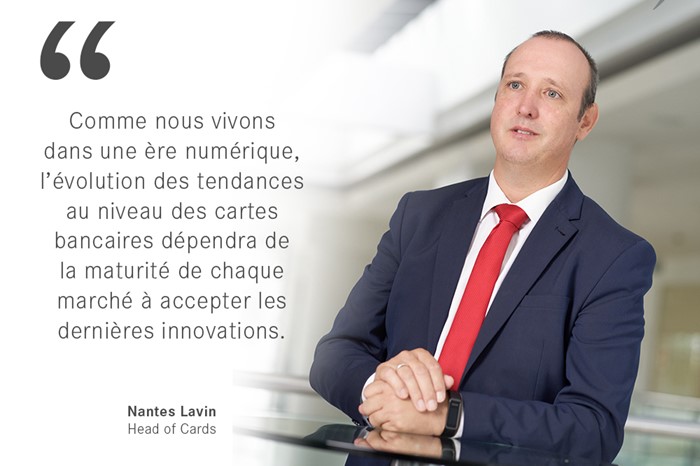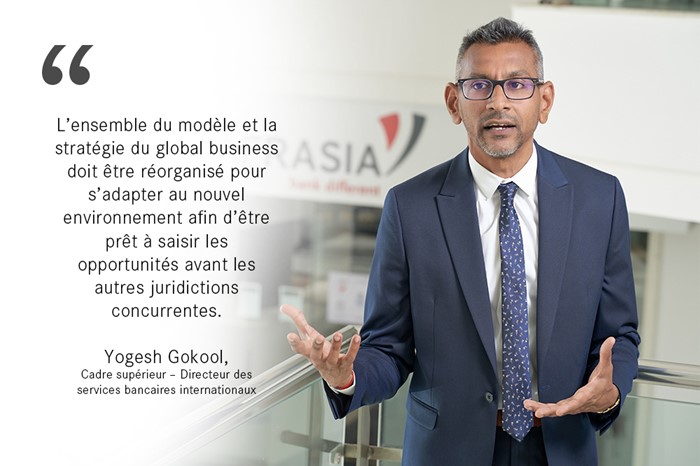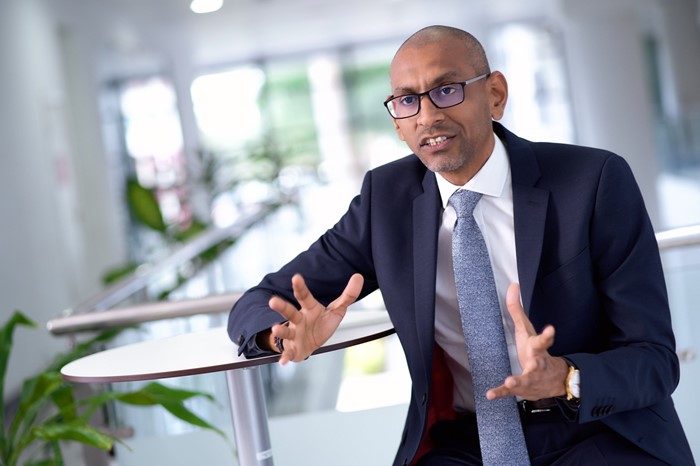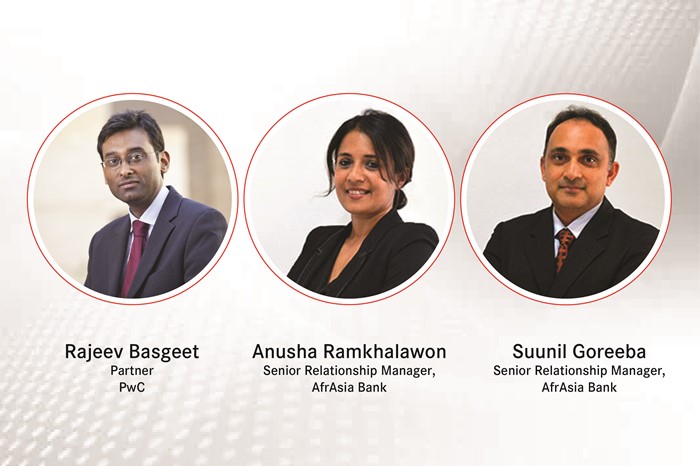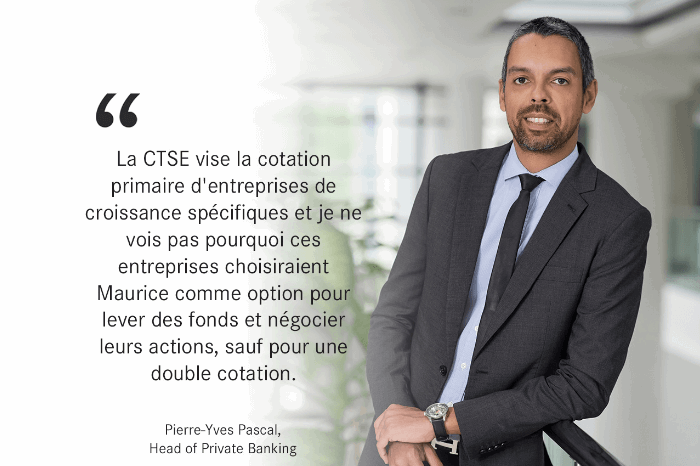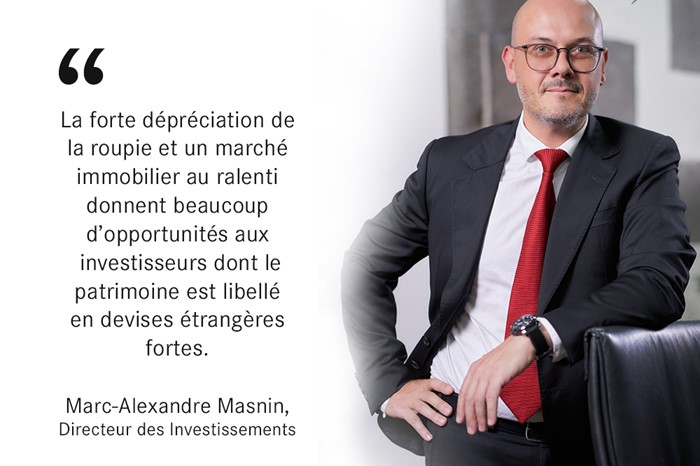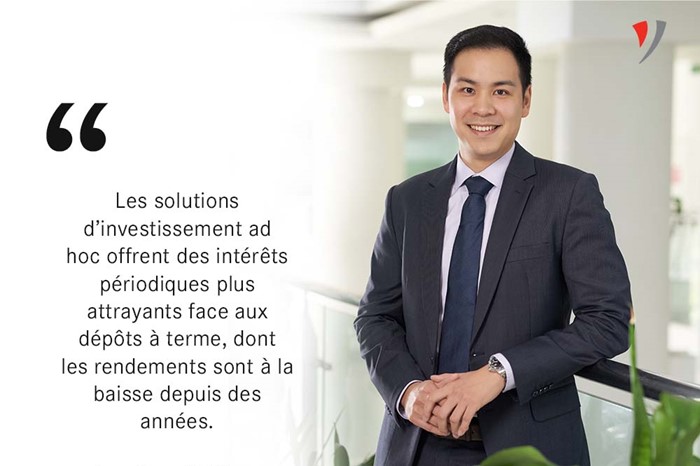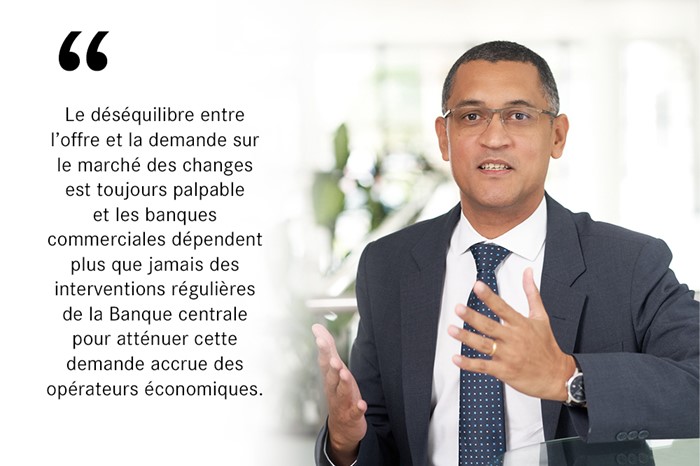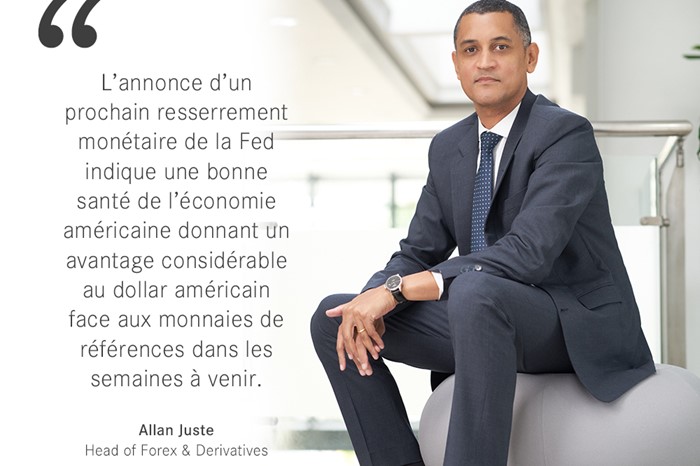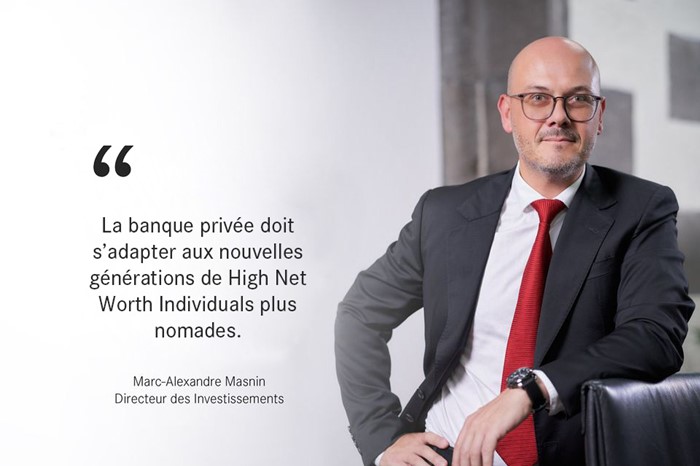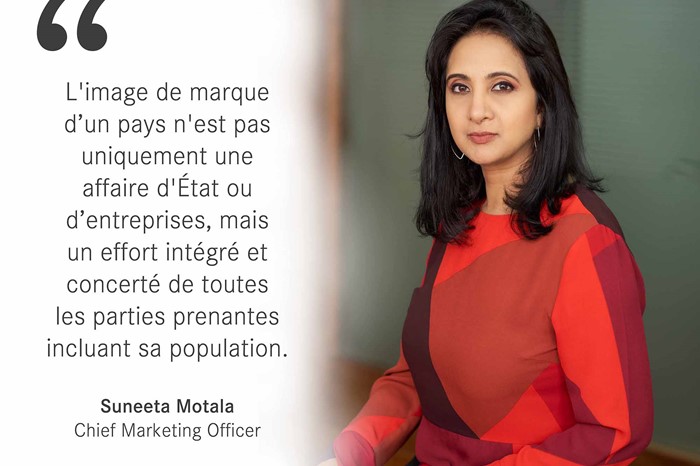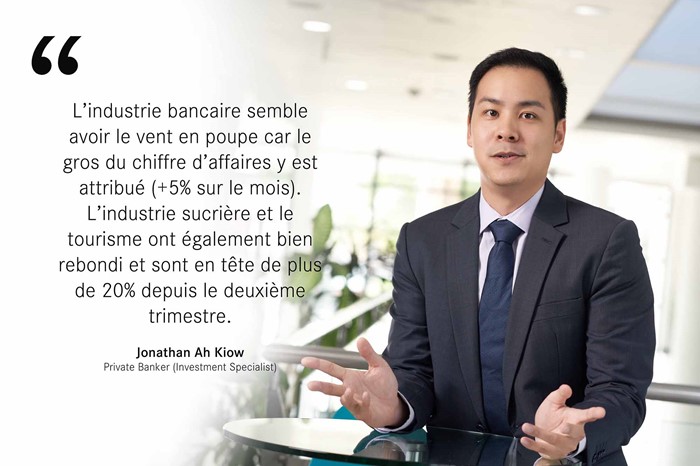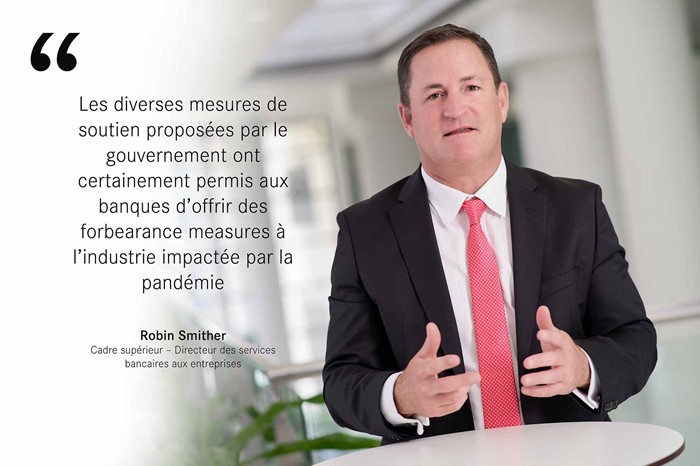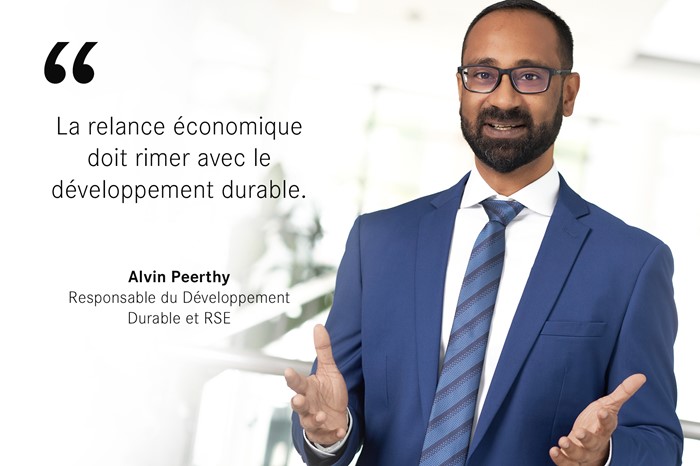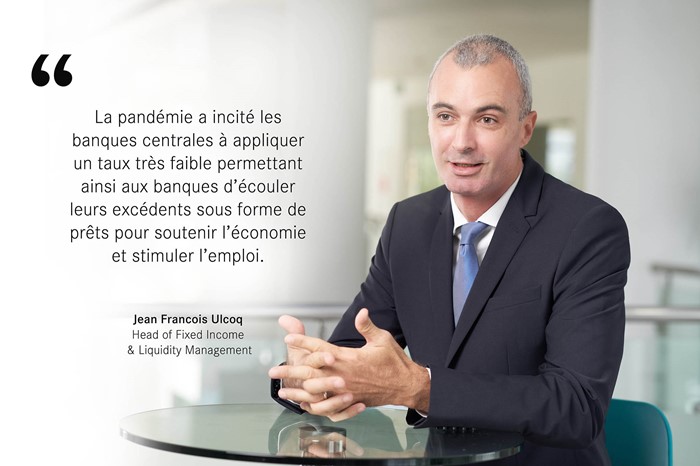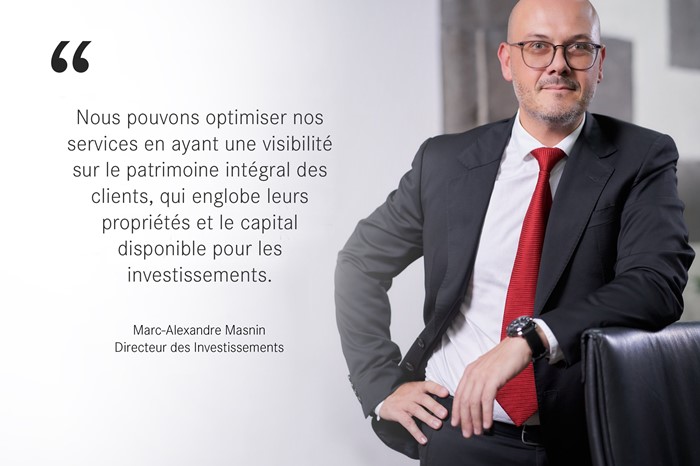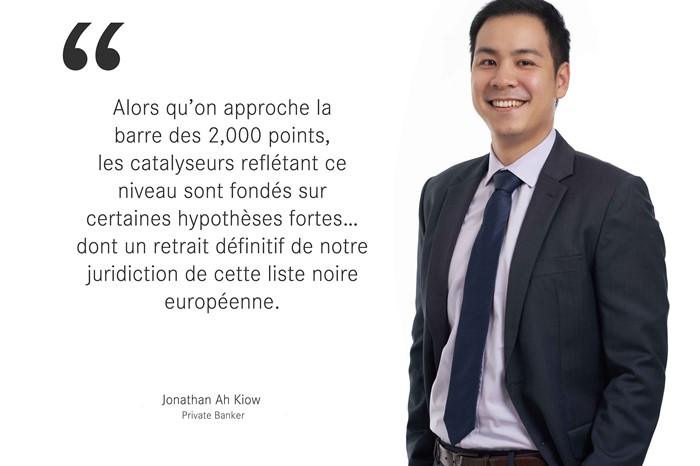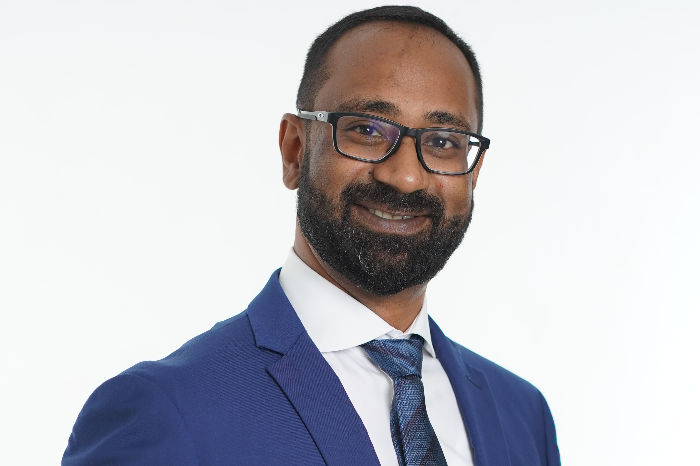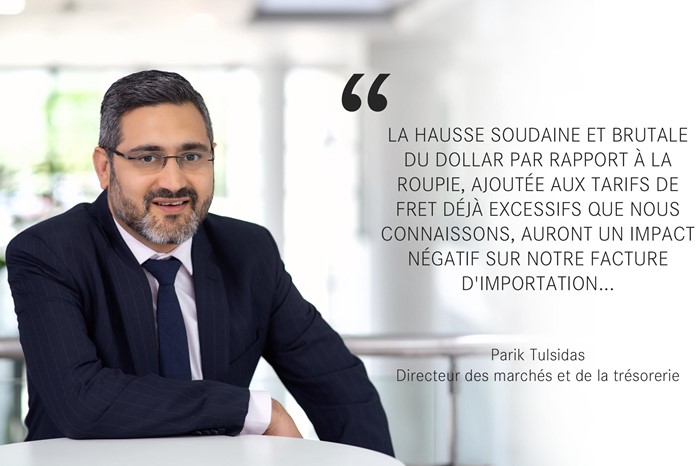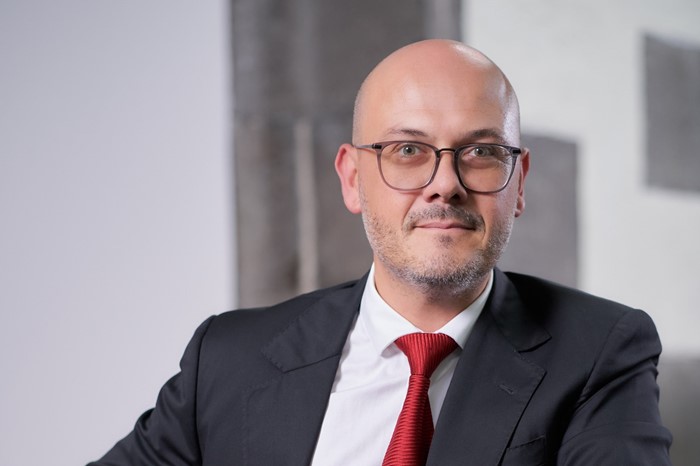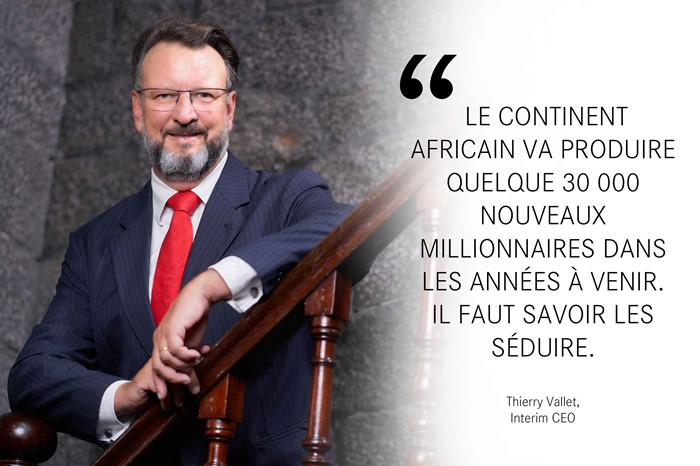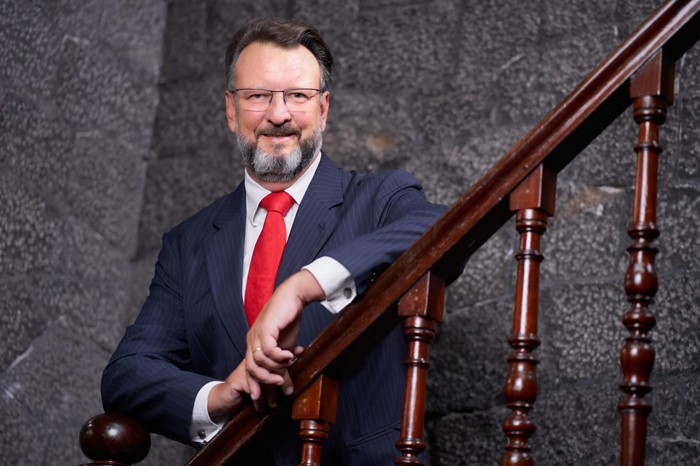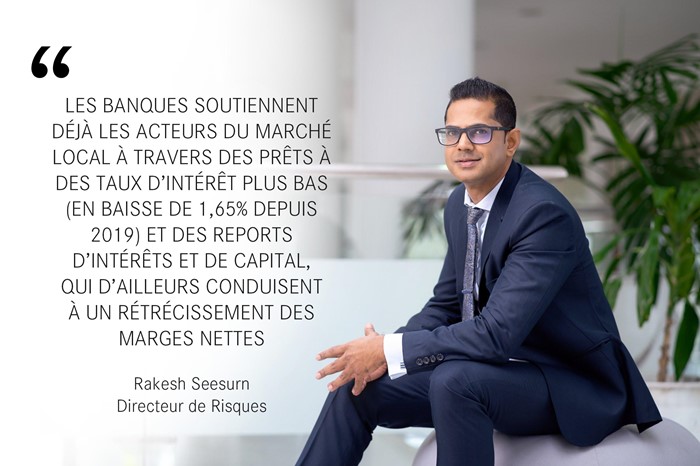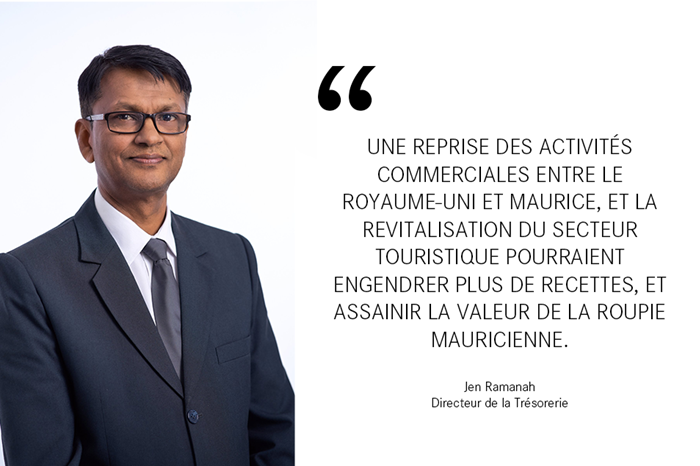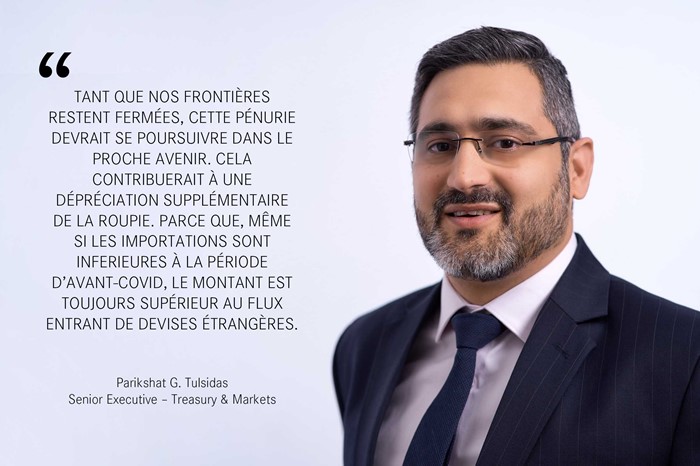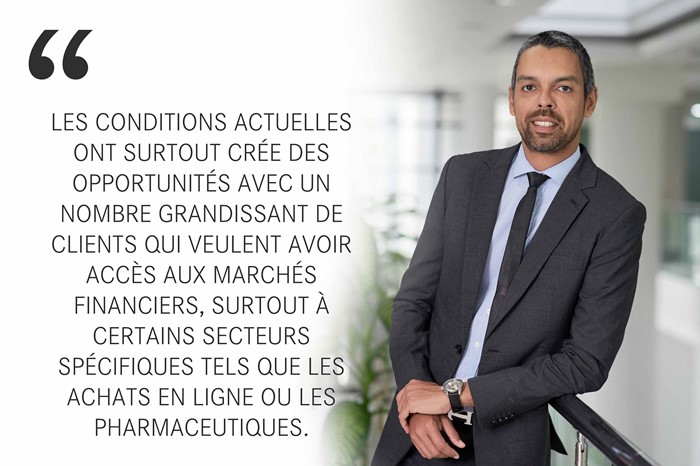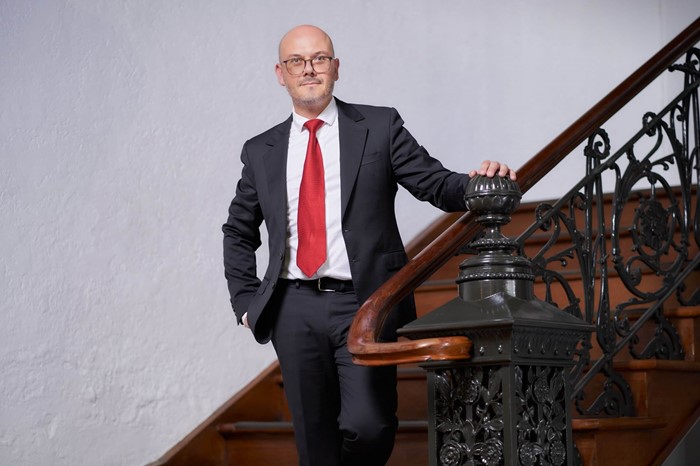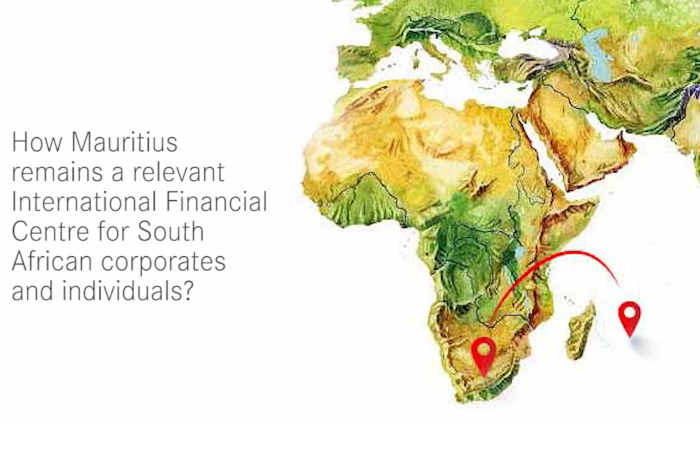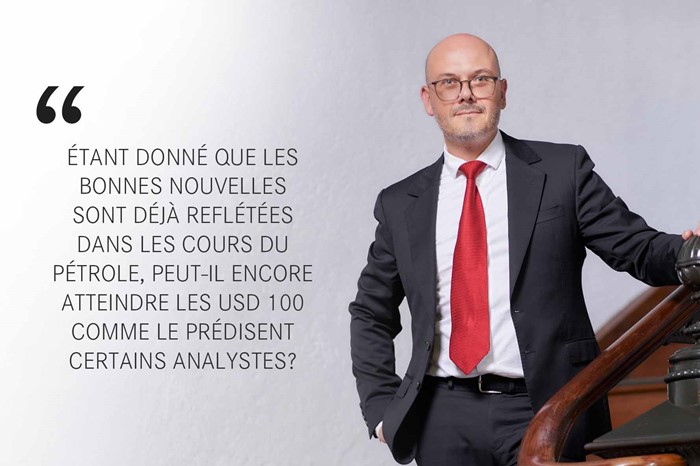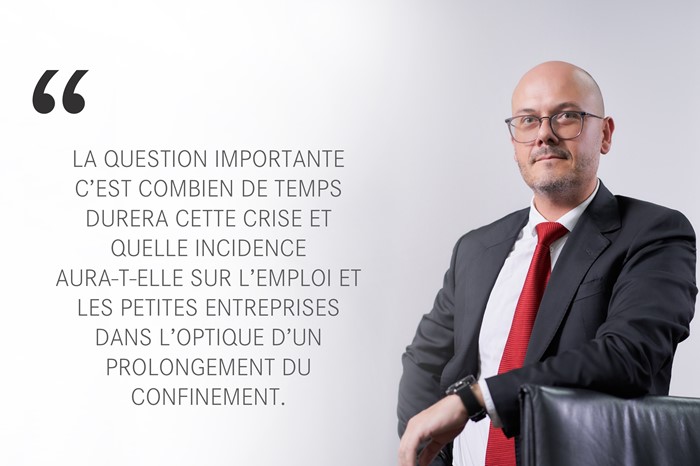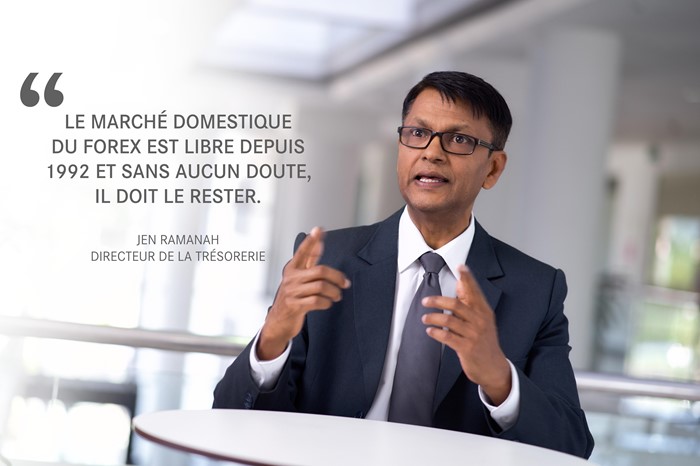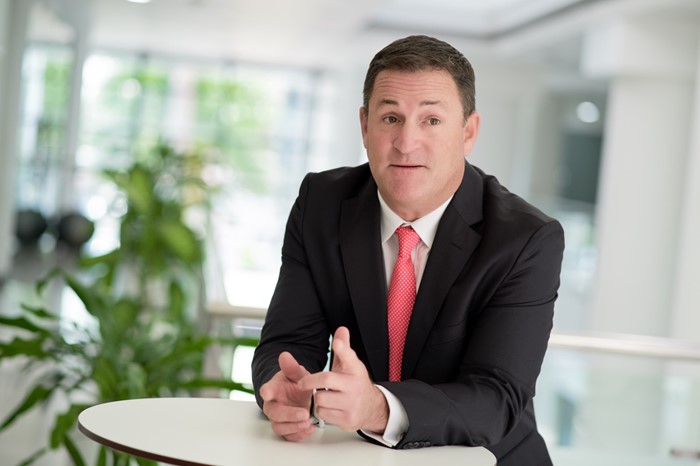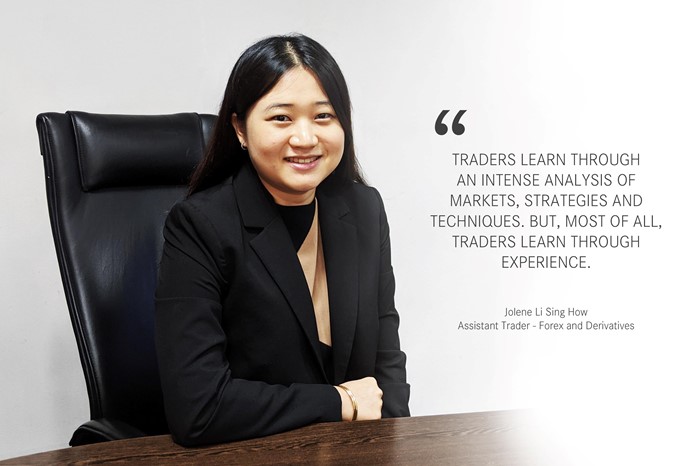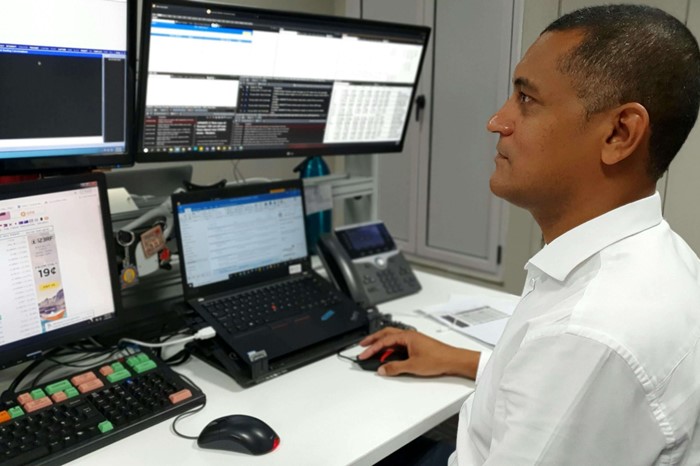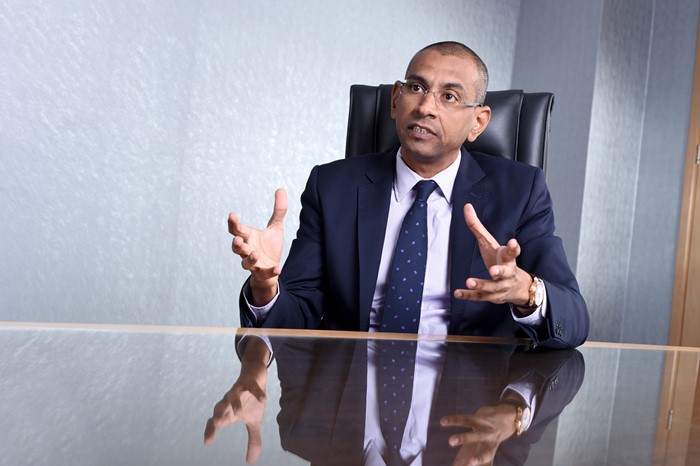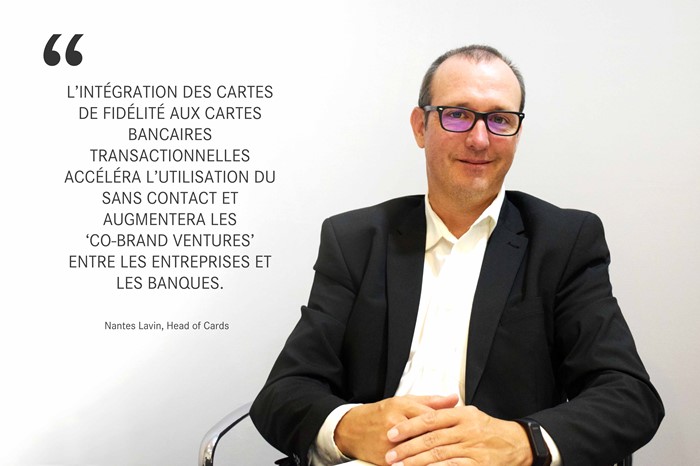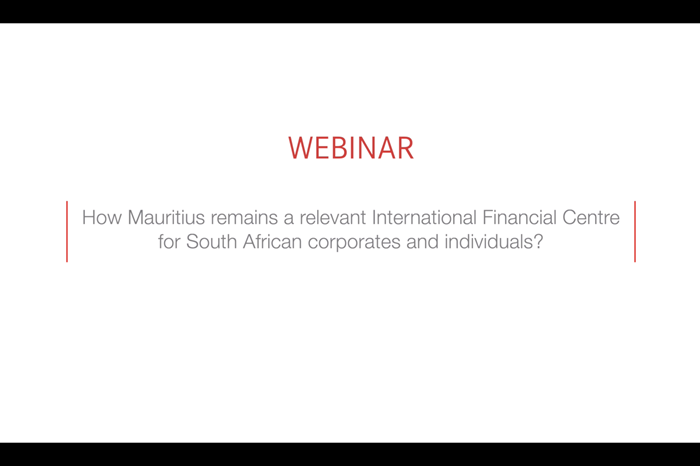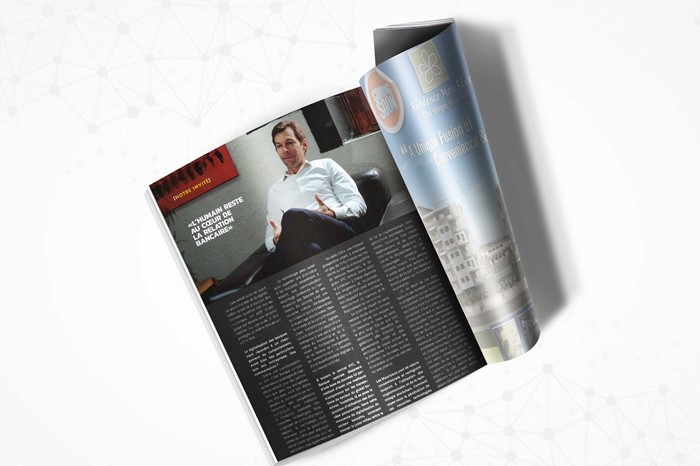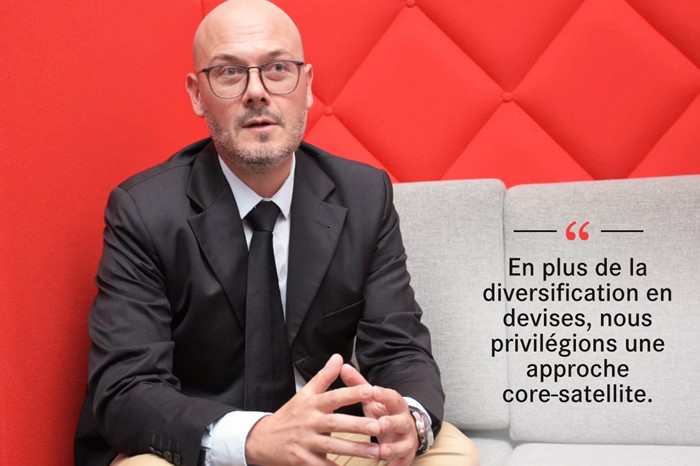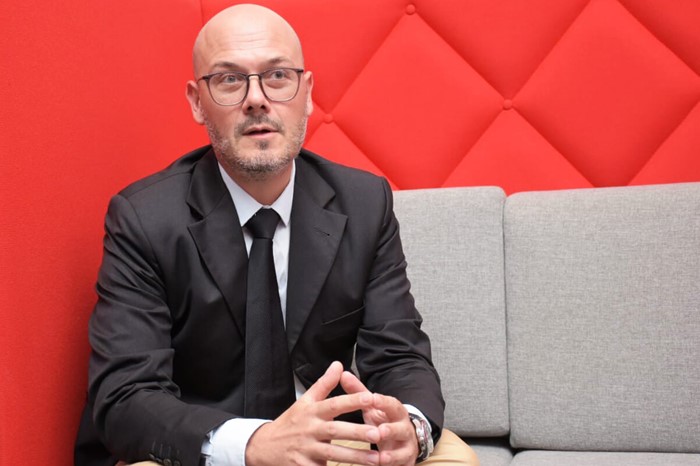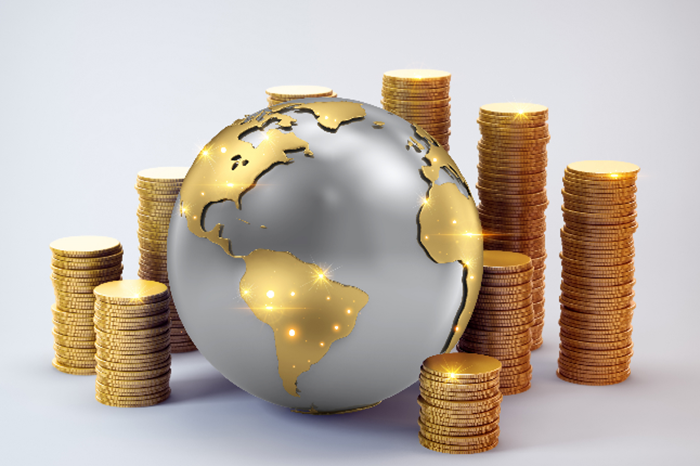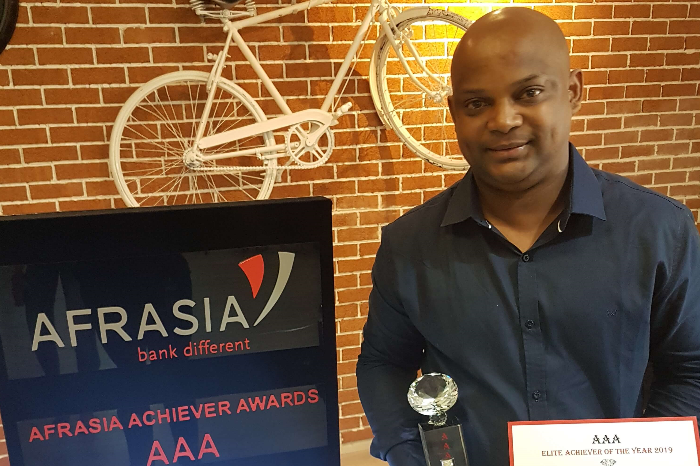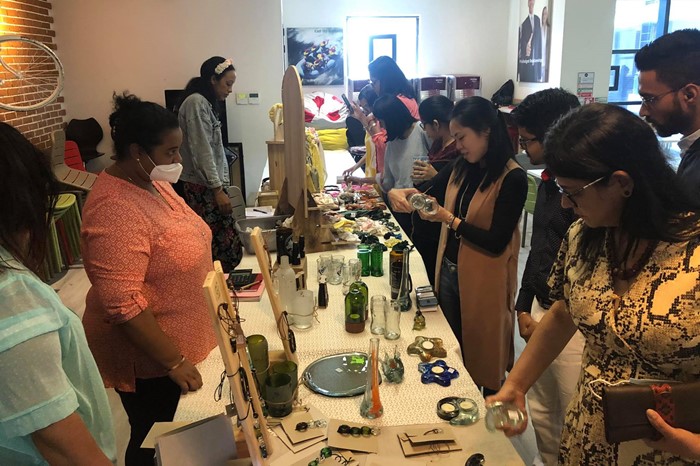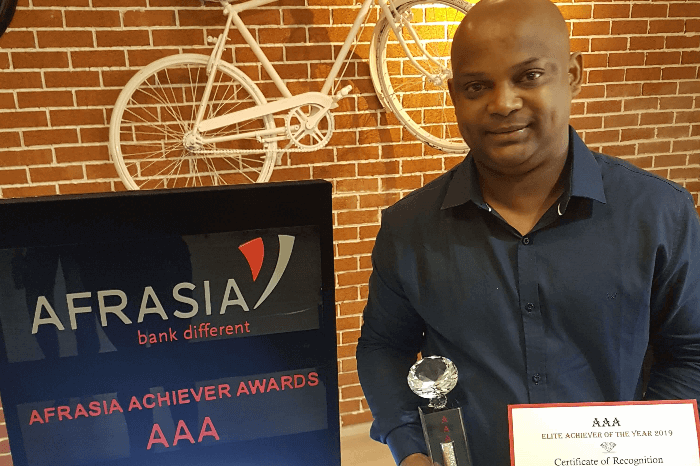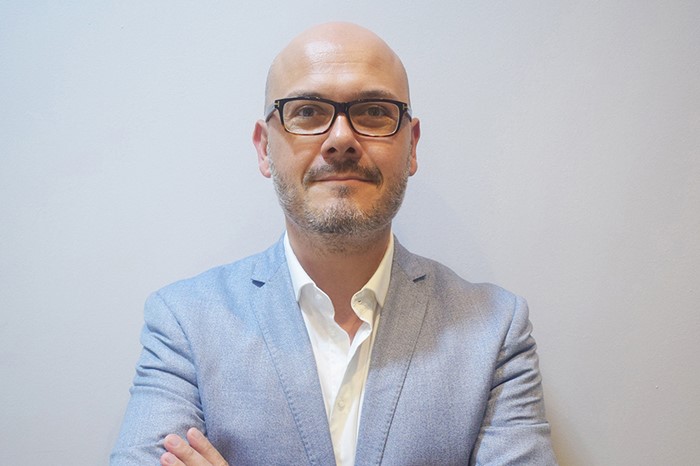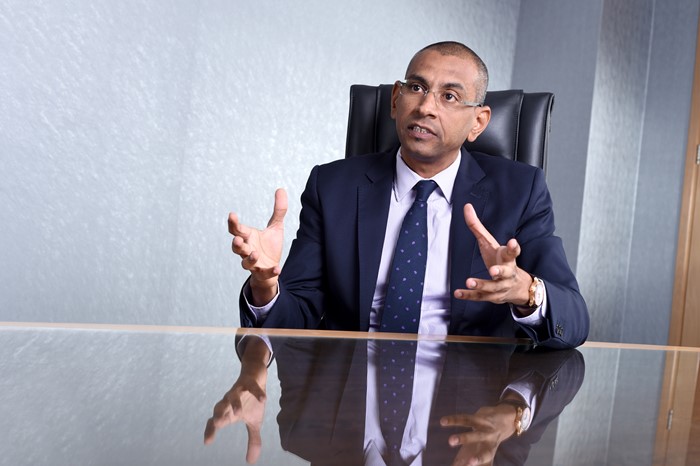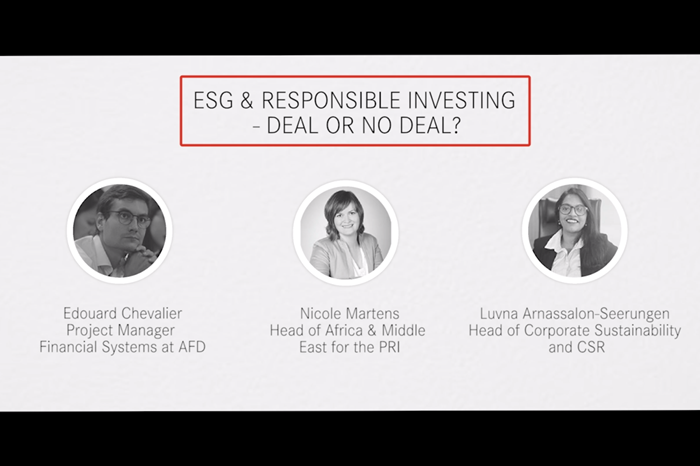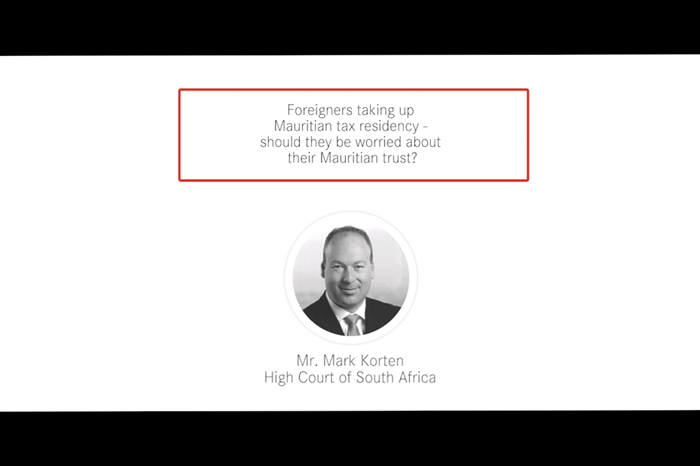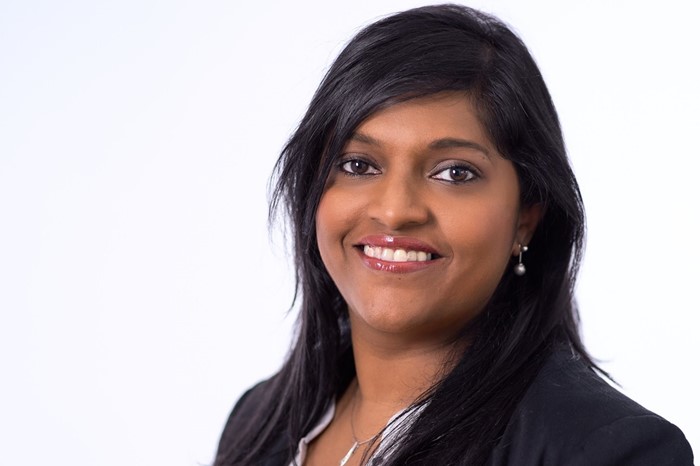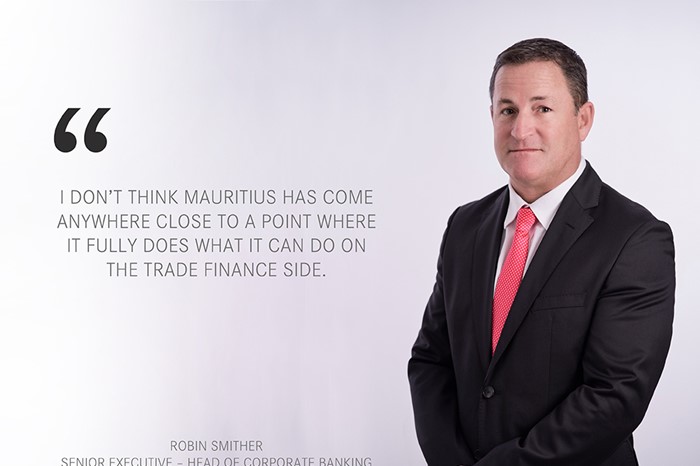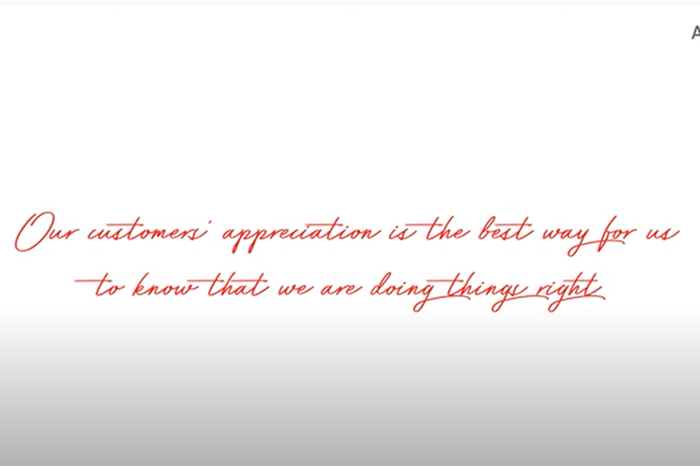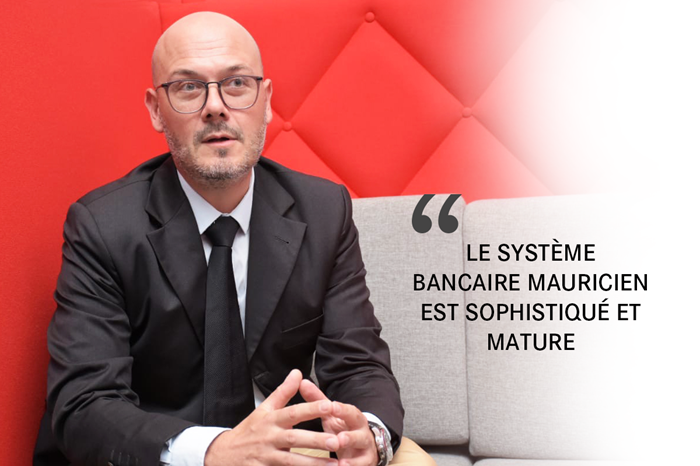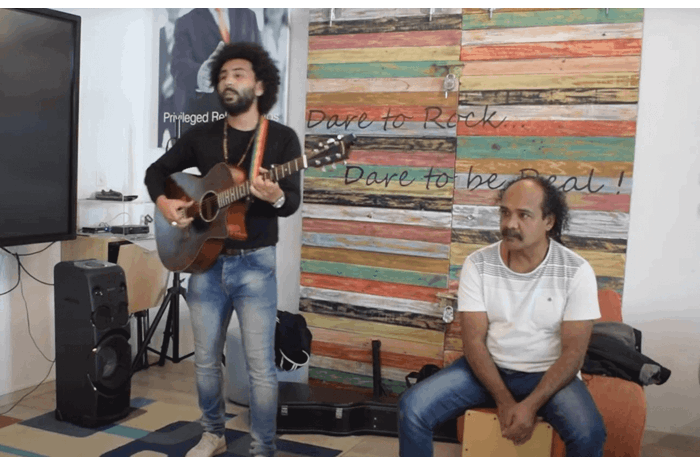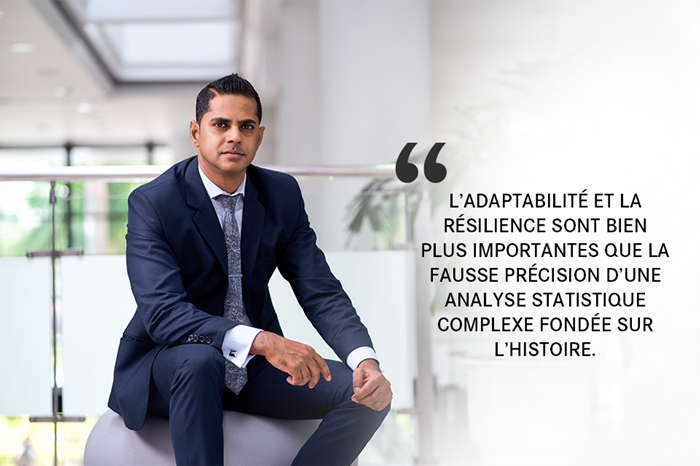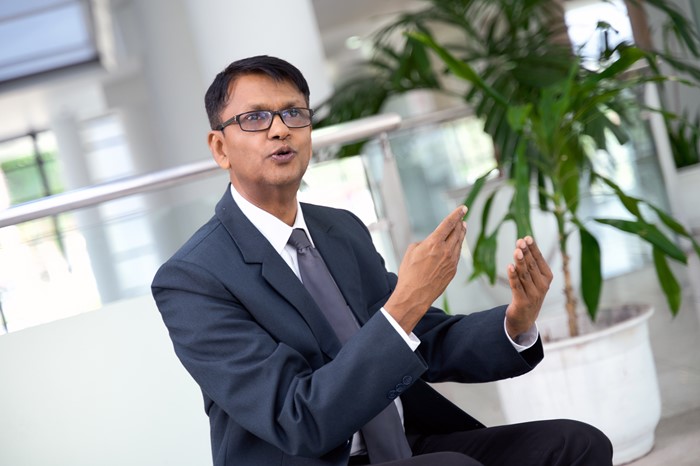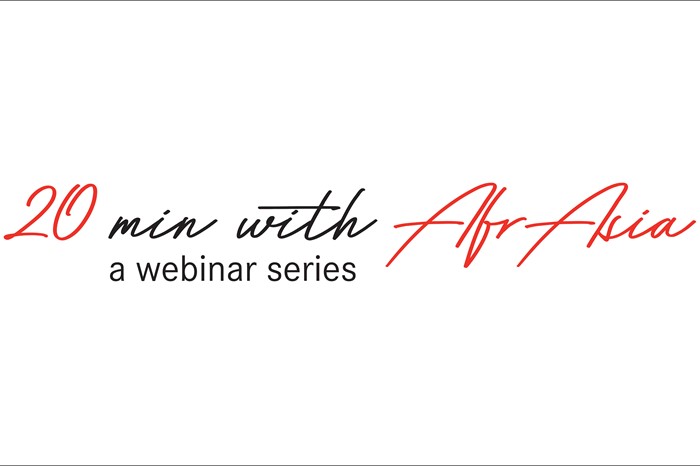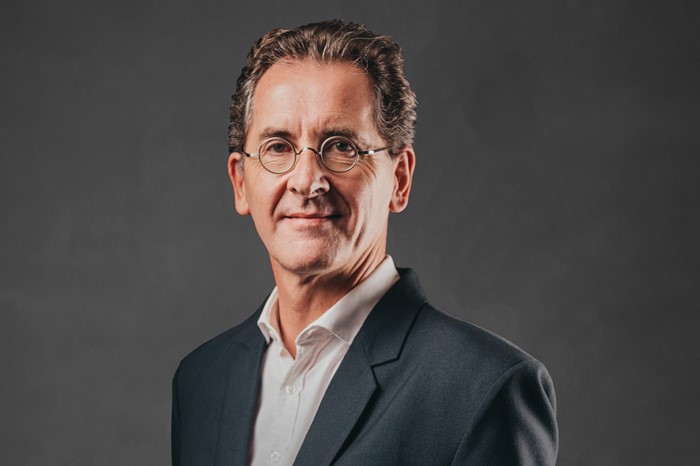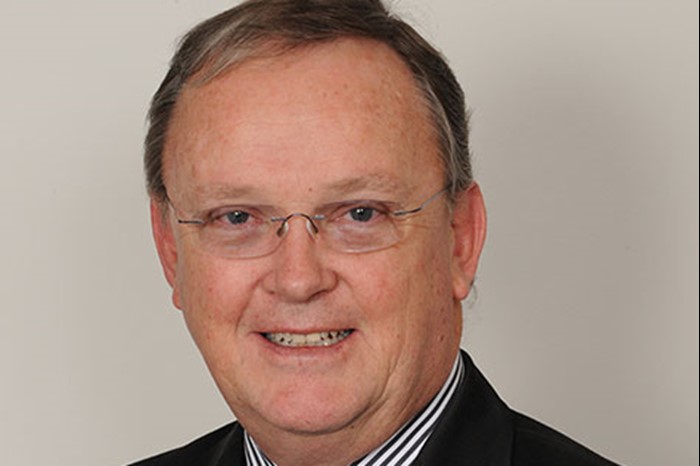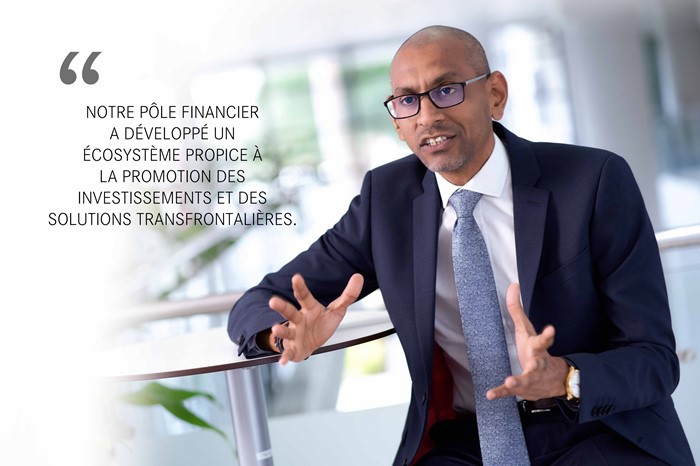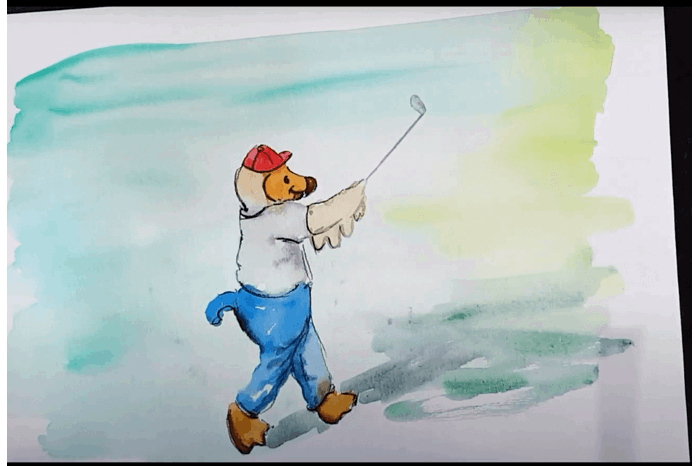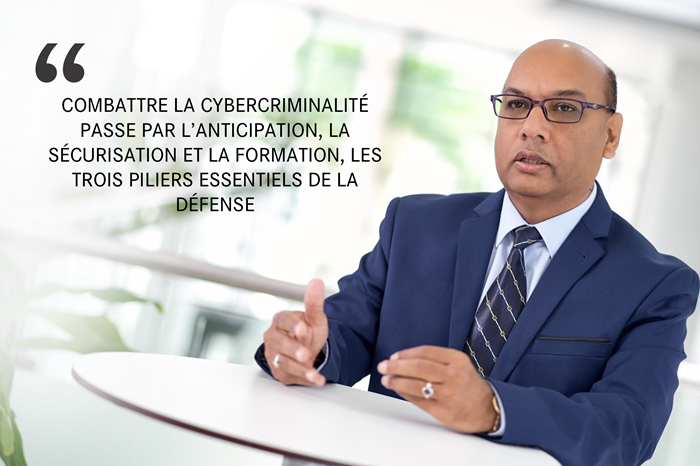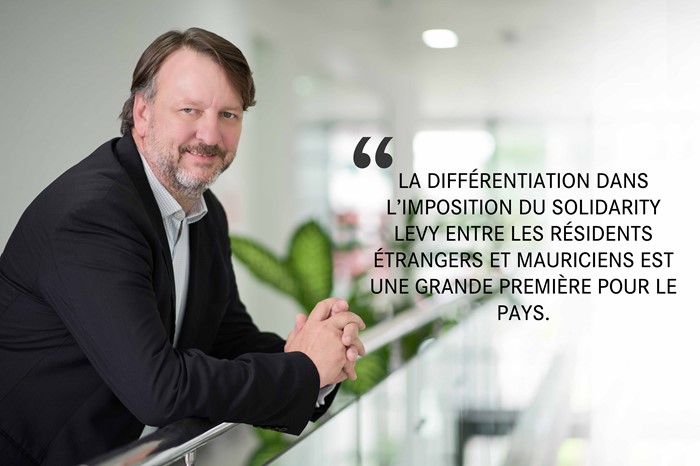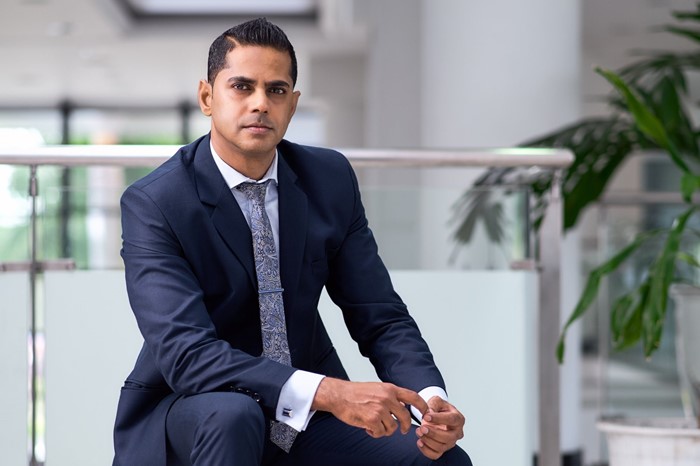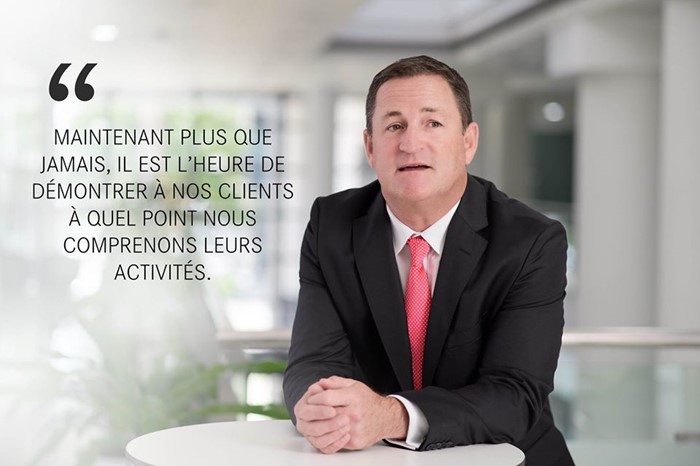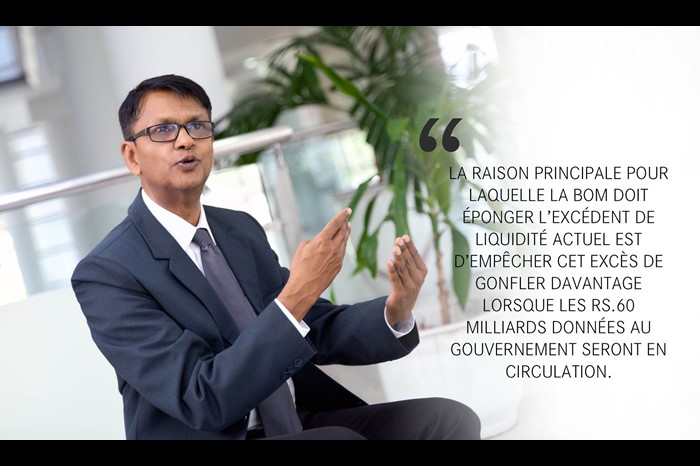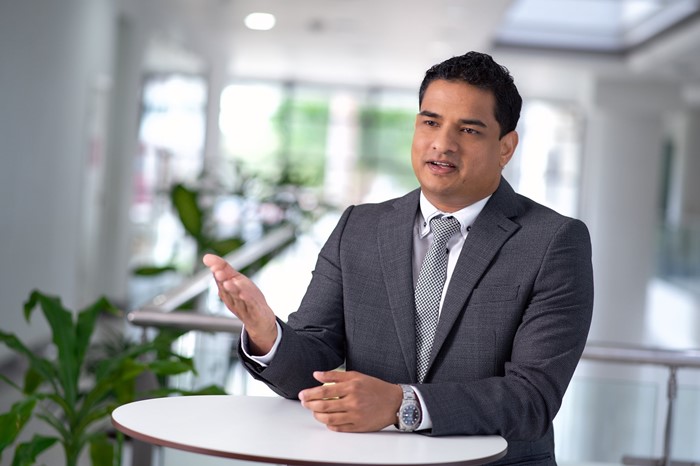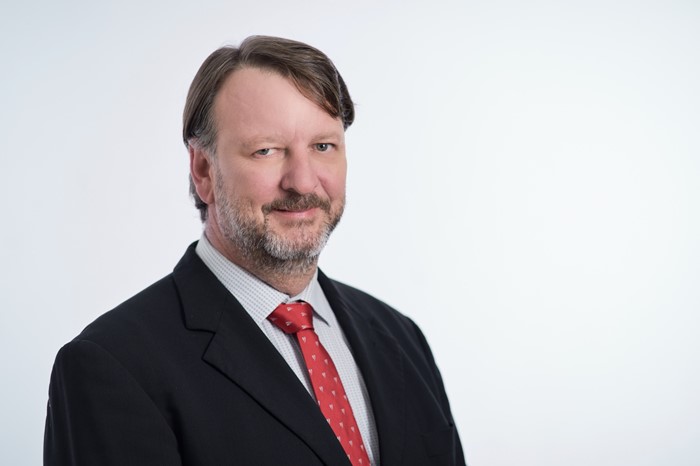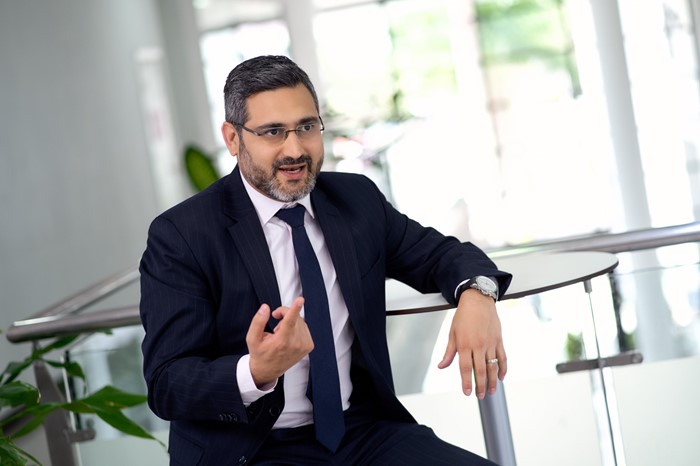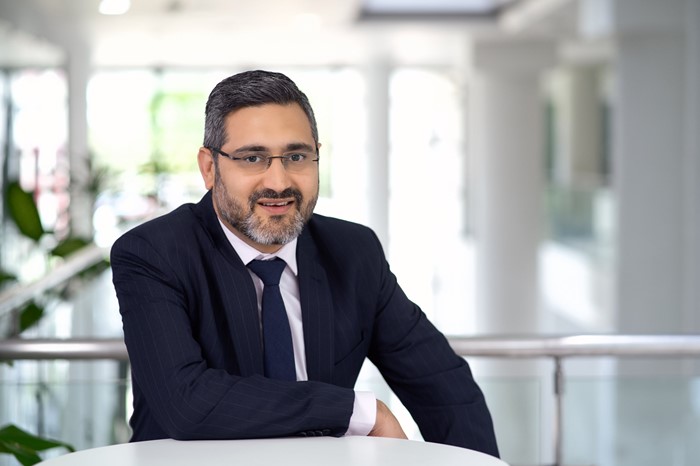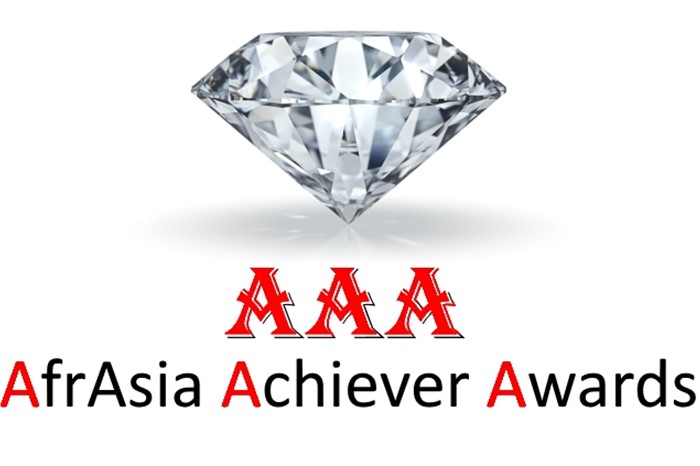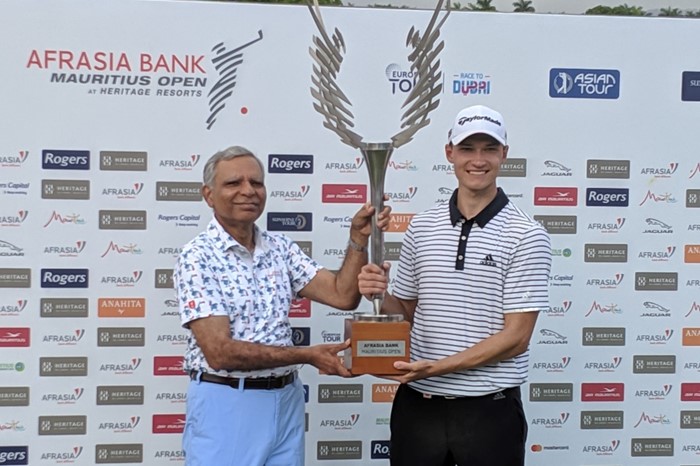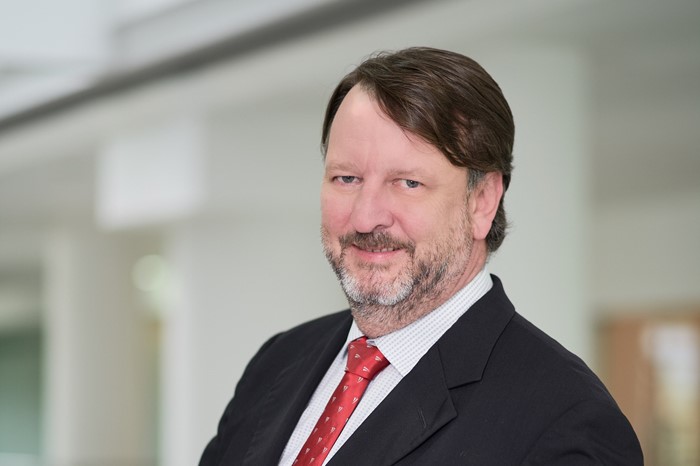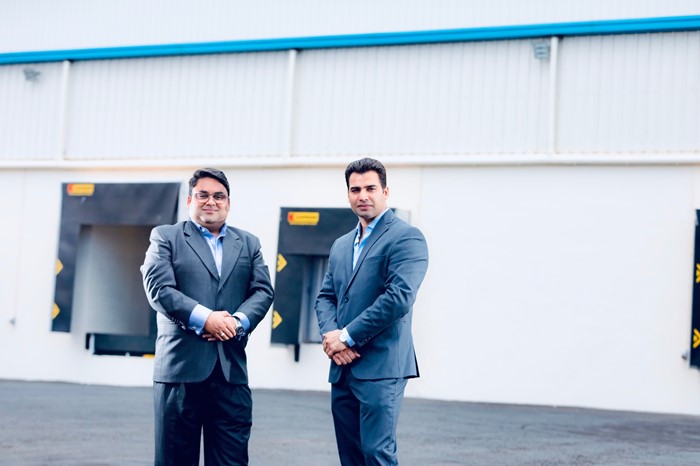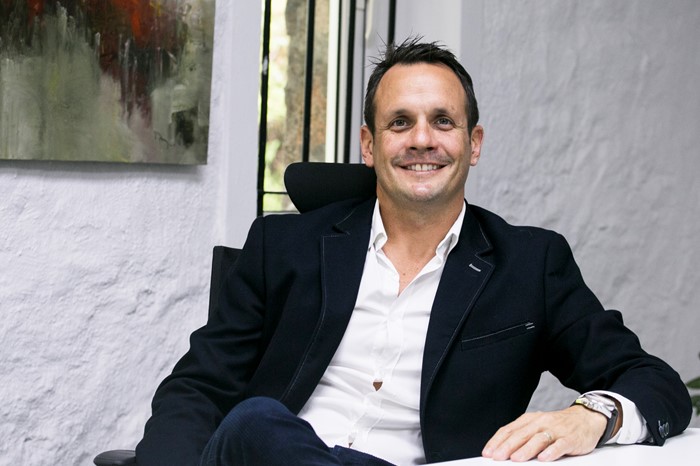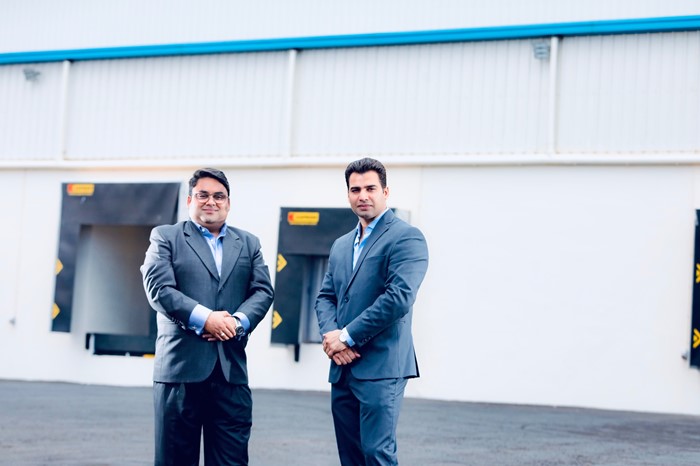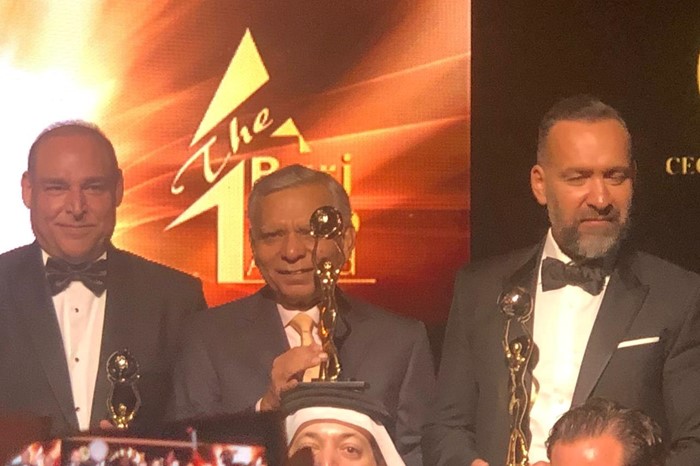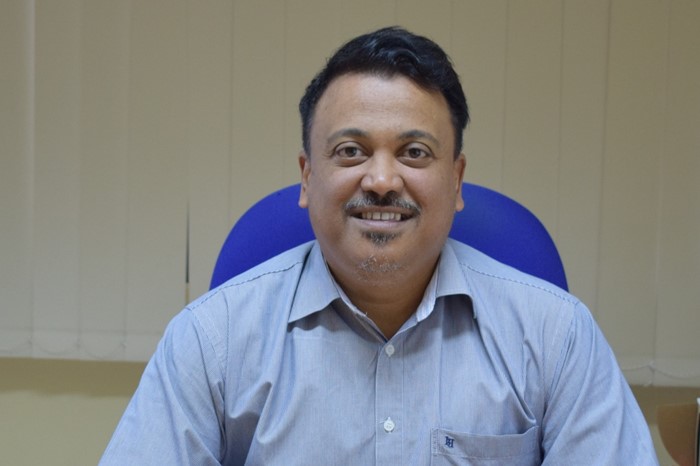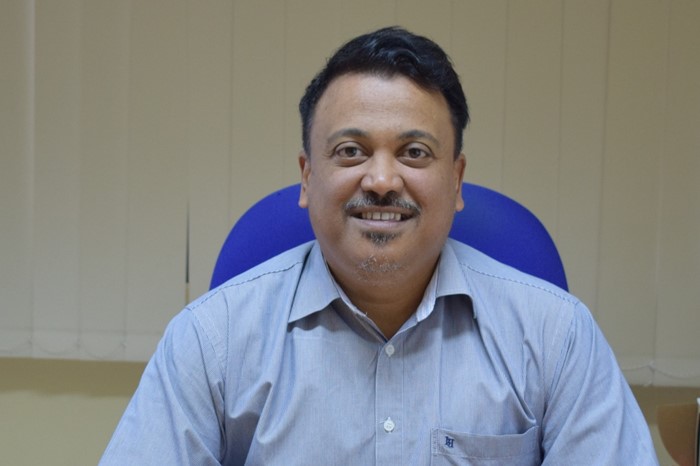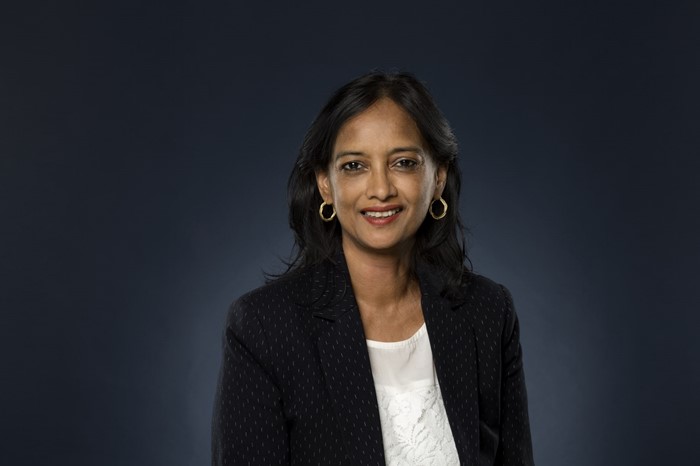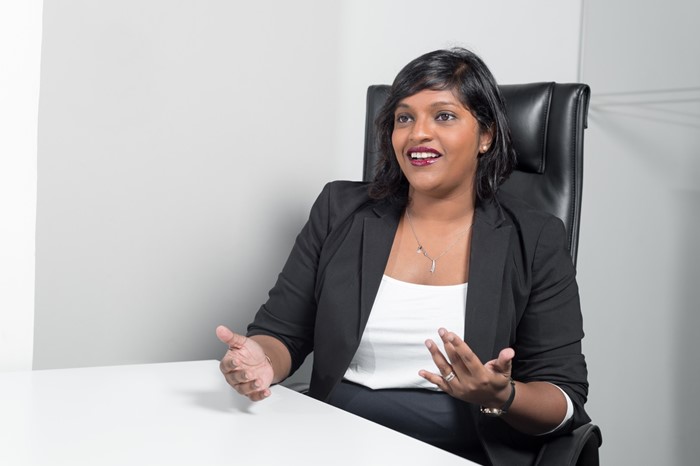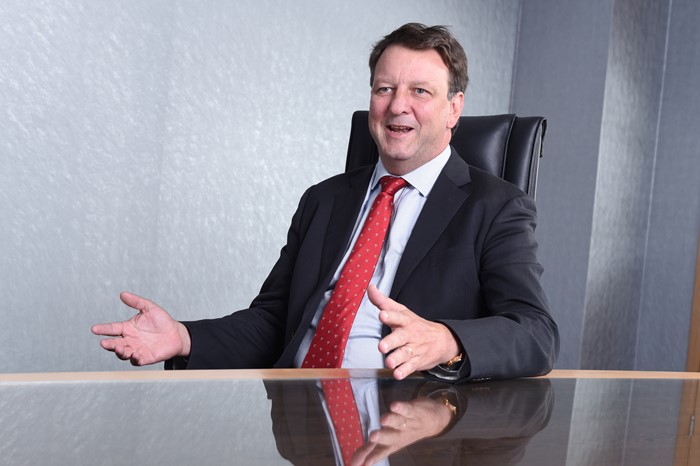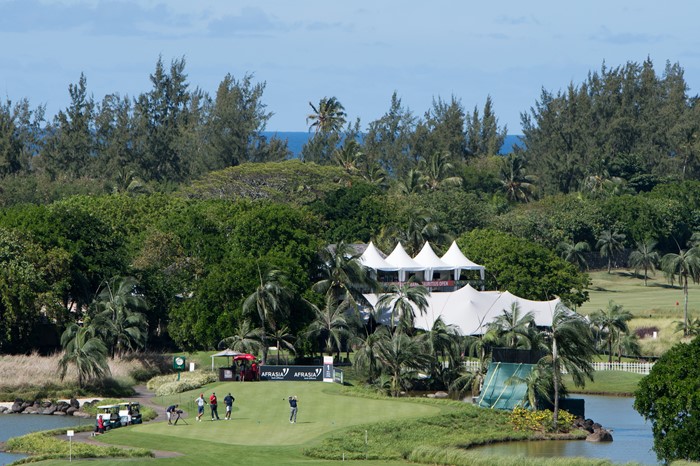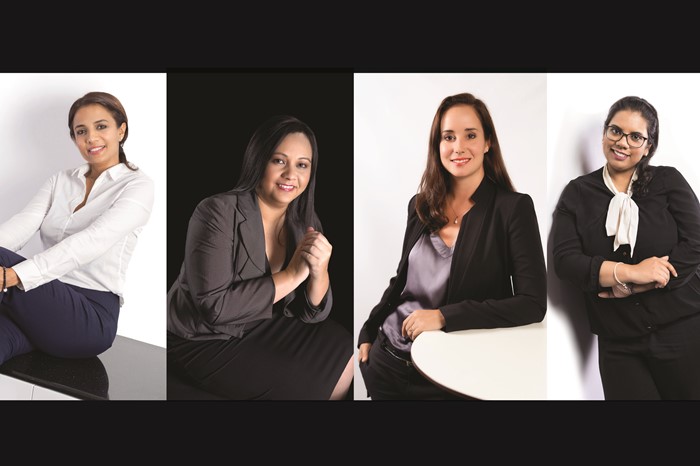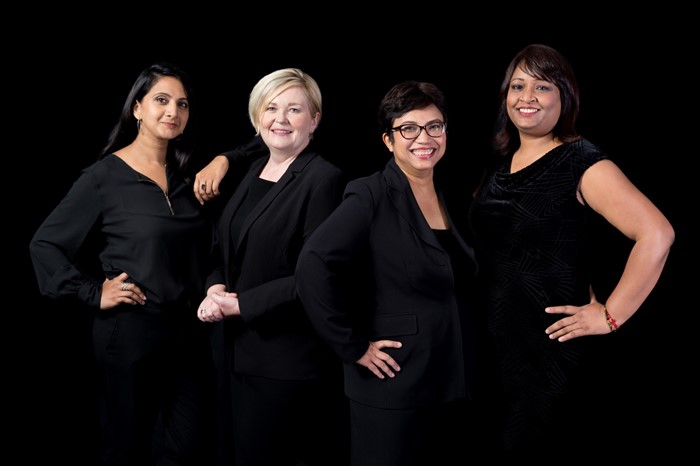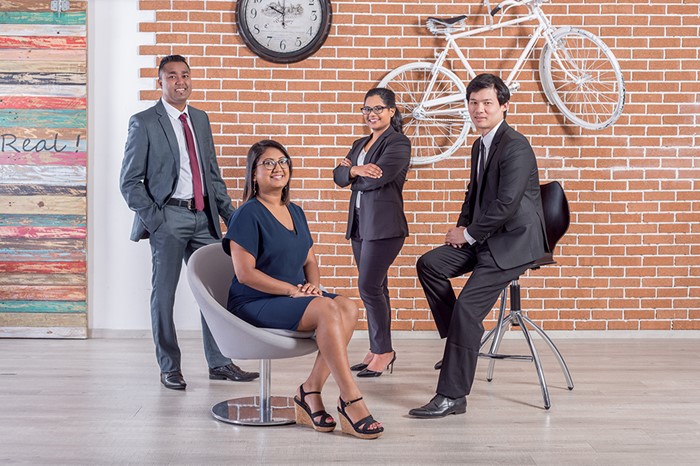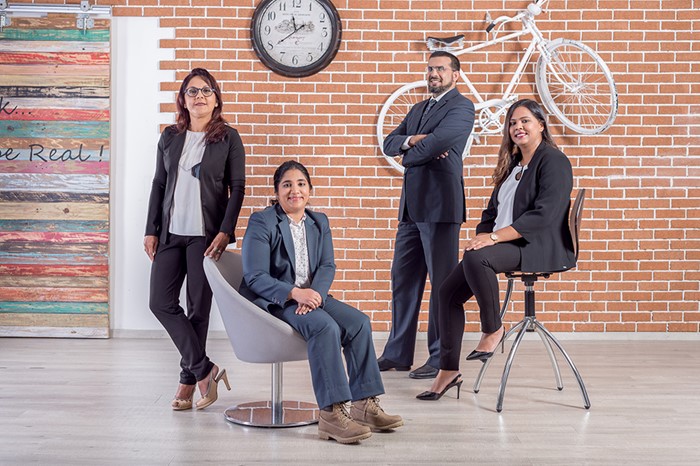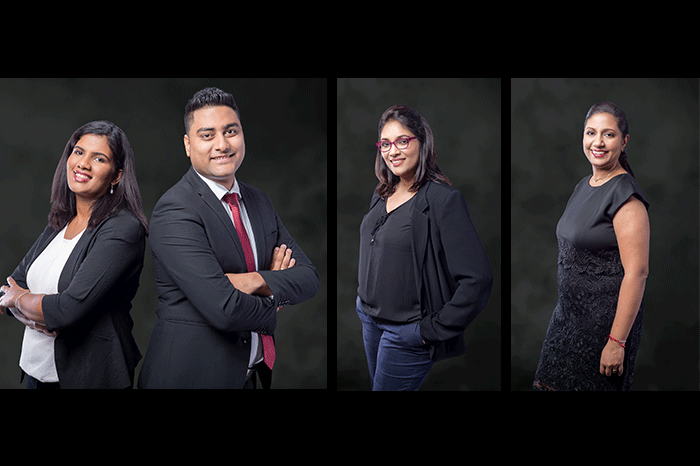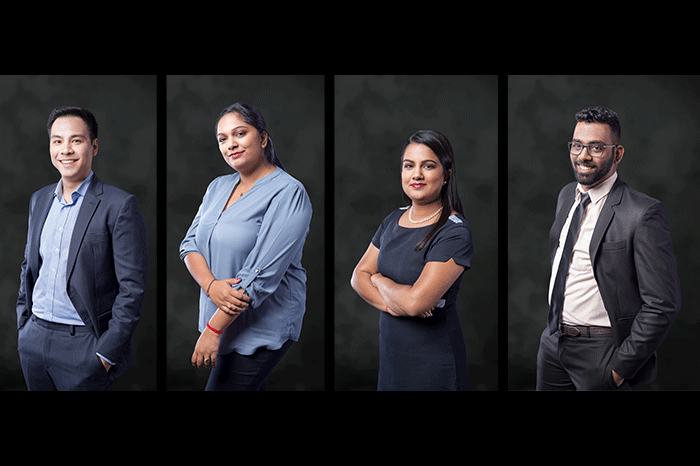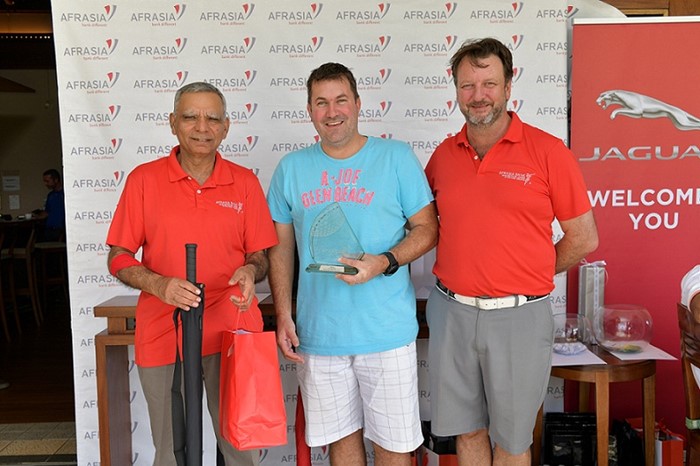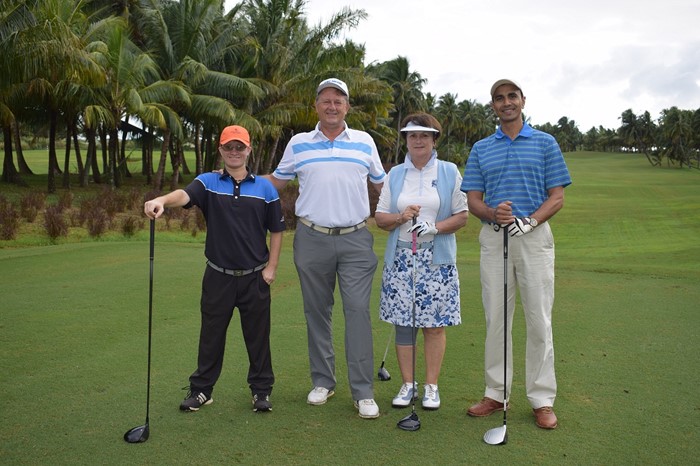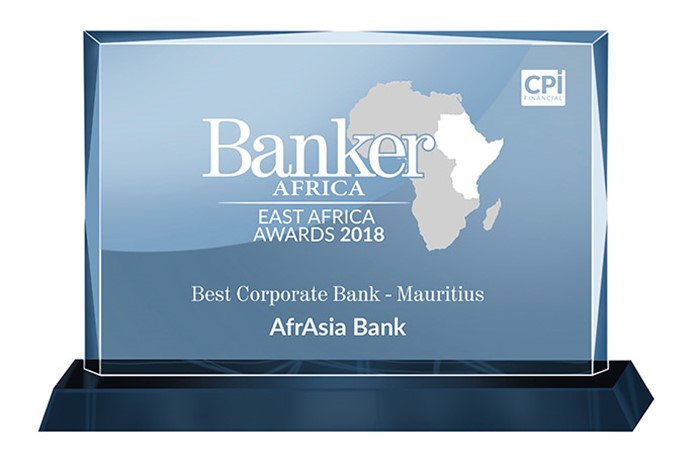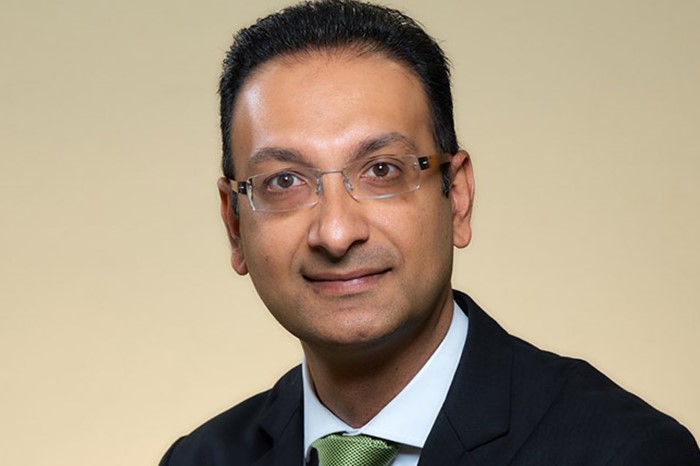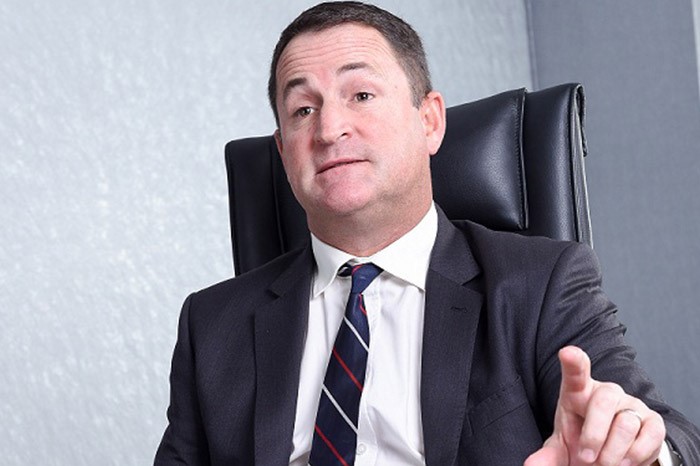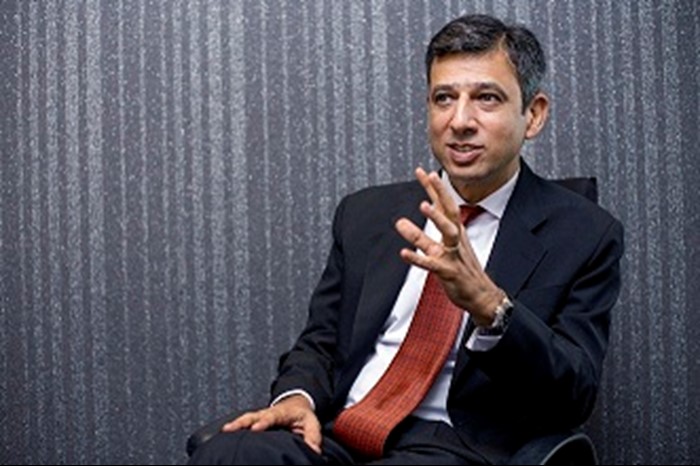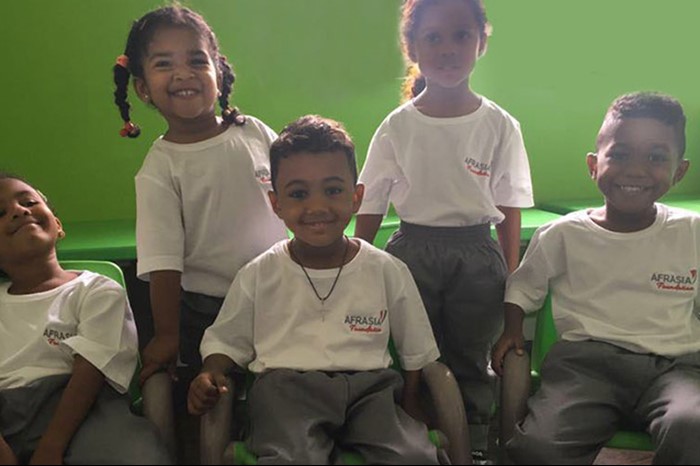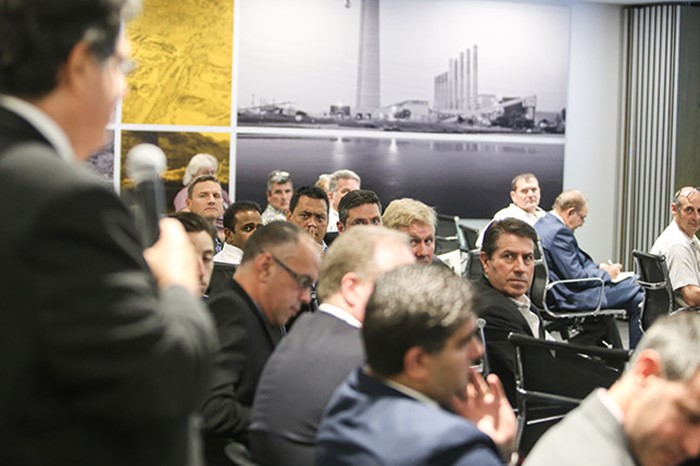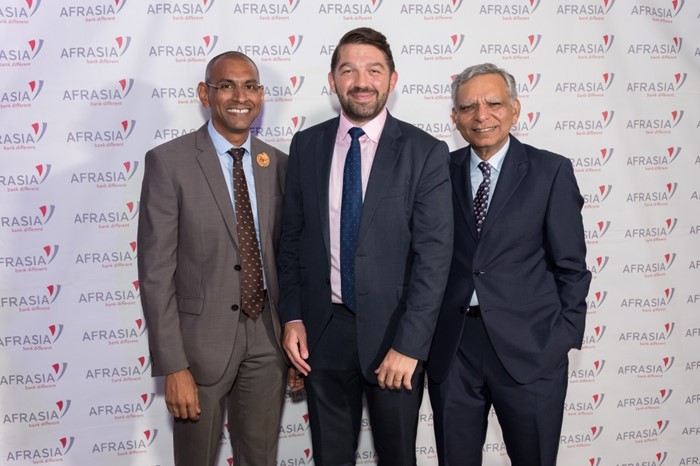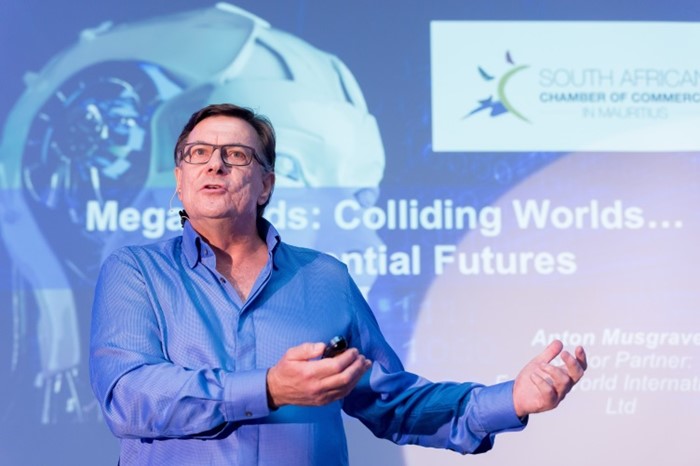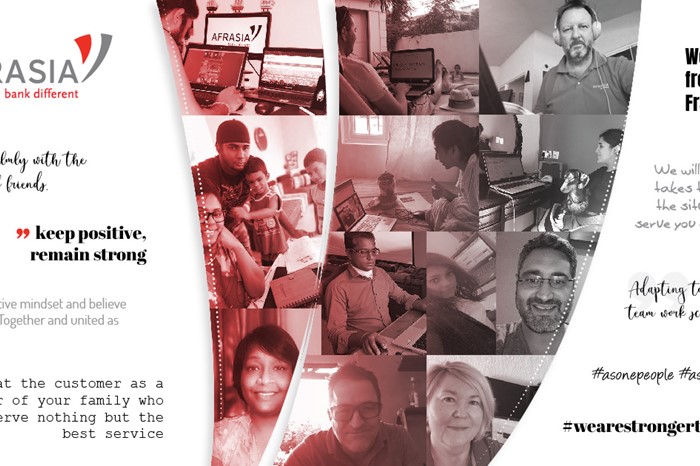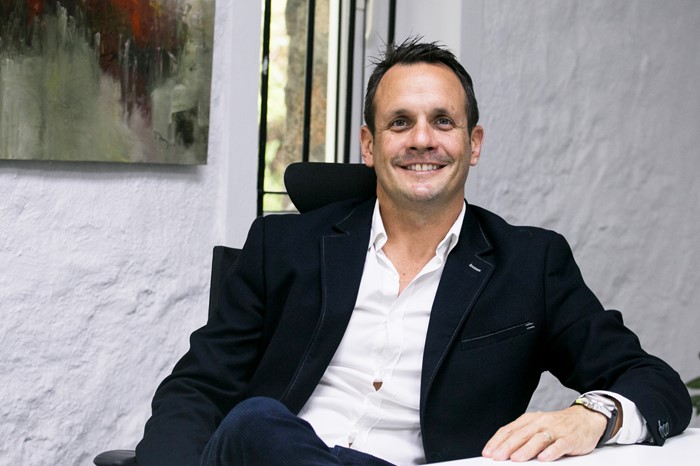
Just a few decades ago, West Africa was in crisis, impoverished and on the verge of economic collapse. In 2019, it is now home to five of the fastest growing economies among which Ghana, Mauritania, Morocco, Senegal and Ivory Coast. What are the causes of this fast-pace growth?
Besides the fact that most of the growth is mainly driven by the rebound of commodity prices and a special effort by these countries to get their fiscal books back in order - a lot of these countries have also implemented measures to strengthen transparency, improve governance and attract business. We have, for example, the newly established Casa Finance City (CFC) in Morocco which is trying to replicate a bit what Mauritius has done in the past by becoming an economic and financial hub aspiring to become a bridging platform between the north and the south. CFC seeks to attract and encourage international institutions and investors to invest and operate in North, West and Central Africa and to choose Casablanca as a gateway to access this region.
Africa as a whole, being the world’s number 1 resource rich continent has experienced rapid growth over the last couple years. Growth has been present throughout the continent, with over one-third of African countries posting 6% or higher growth rates, and another 40% growing between 4% to 6% per year.
Sanlam has quickly recognised this and as seen in its 2019 strategy, the group focuses on diversification outside of South Africa, due to stagnant growth in the more developed South African insurance market. To achieve sustainable returns for the group, Sanlam Pan Africa (SPA), a cluster within the group, has become a core focus and will be the driving force to help achieve this critical strategic objective.
Despite this much heralded success, Mauritius still remains unknown to some of the West African countries. What can be done to make Mauritius part of the West African continent’s success?
It needs to formulate and implement strategic incentives to attract more Private Equity firms so that they set up their Head Office in Mauritius. Incentives are also required to attract African Head Quarters in Mauritius. The jurisdiction should be investing in more frequent and targeted road shows. These road shows should include both the banking and non-banking financial services sectors as well as the regulators.
On the other hand, locally and as background work, working cells can be created as a policy-making body to address this part of Africa whether exclusively or in conjunction with any such other similar growing economies so that when efforts are garnered, these encompass several of our economy sectors. It will help West African regions, for instance, to see us as a one-stop shop and make us more attractive to them as a partner.
We should be able to strike a balance between being selective in where we invest our efforts and resources and the need to understand these economies from a broader perspective so as not to miss out on opportunities and be abreast with challenges too. Ultimately it is only by partnering with these countries that we will substantially and sustainably benefit both at a micro and macro perspective. After all, we have experienced the growth curve and are very much well placed to share and steward regional growth.
Committed in its role to bridge Africa, Asia and the world, Mauritius has long been regarded as an ideal platform for routing investments into the flourishing sectors of African countries. In what ways can it play a significant role as a facilitator to contributing and building growth in Western Africa?
With more signed DTAs than any other African countries, Mauritius has achieved a reputation as a safe, trusted and competitive financial centre, which has enabled it to position itself as the preferred jurisdiction for FDI flows to the continent. With a work force that can service both Francophone and Anglophone Africa, Mauritius is not solely use as a low tax jurisdiction but being now ranked no. 1 in Africa by the 2019 World Bank report and 13 for Ease of Doing Business in the world. It is not a coincidence that it is a jurisdiction of choice.
However, we should not rest on our laurels as with the world “slowing down” other jurisdictions are trying hard to challenge us. Our DTAs should be reviewed, compared to our competitors, and signed where they are awaiting signature and ratification. If not, this could slow down and affect us.
It is here that Sanlam Trustees International Ltd.is playing a vital role as business facilitators. With the physical presence of our group in more than 33 countries in Africa and our expertise in setting up Mauritius structures, we are able to accompany African investors in a lot of jurisdictions. We have now, for example, a fully operational “French Desk” to service Francophone clients in addition to our anglophone experience team.
Can the profile of Mauritius as a jurisdiction of high repute for capital raising also be reinforced in West Africa through the promotion of sustainability initiatives – by means of our own SEM Sustainability Index with sustainable companies being listed on the Stock Exchange as example-so that these countries can learn and align themselves to the sustainable way of doing business and hence making us valuable partners and contributors in their responsible development?
Mauritius is the jurisdiction of choice for African investments and its geographical, fiscal and non-fiscal aspects are prime factors. However, there remains a big part of these investments, especially to the EU, which are routed through other jurisdictions and this is an area which we should aim to tap in. The SEM Sustainability Index certainly gives a boost to our jurisdiction vis-à-vis the growing Western African economies.
We already have already experienced economic transformational changes in our country and we have done it well although we can always improve. Today, we have adequate infrastructures in place, a well-trained productive workforce and we are geared towards innovation in the like of fintech and regtech etc. All these put together are valuable assets to our Western African counterparts in so far as what their economic, environmental, social and governance initiatives and investments are driving at or should drive at.
It is clear that this makeover will not happen overnight. We need to bear in mind that despite growth and the likelihood of this growth being sustainable in West Africa, the region remains one which may in some way or the other still be subject to political or social instabilities. In addition to being economically beneficial, doing business with us, whether as partner or contributor, can also act as a buffer and a selling point for those Western African countries when they target investors and investments. West Africa can in this way directly and indirectly benefit from our infrastructure, regulatory frameworks including AML/CFT, technology, human expertise. They can learn from our past and current challenges as well as the measures we took to address these challenges.
It is an exciting time for the Western African countries – tech savvy youths, financial services like mobile money or digital banking, factoring, small and medium enterprise micro-financing - the opportunities are varied as market opportunities, now more diverse, simultaneously cater to sustainable developments. We can only look forward and be proud to be able to collaborate for mutual growth.

